“Alfa, Bravo, Charlie …” is an alphabet you may already know and understand.
These words represent the letters A, B, and C in the International Radiotelephony Spelling Alphabet, more commonly known as the NATO phonetic alphabet. It was standardized in 1956 with sounds that are similar in English, French, and Spanish, and the military still uses it today to omit misunderstandings over the radio.
Recommended Videos
If you aren’t using it already, this would be a good one to adopt for those customer service calls where you need to read your 17-digit confirmation code that somehow is made up of letters that all sound the same.
Or how about when someone says, “Meet me here at 1400?” The military time system, which uses the 24-hour clock, is another method used to prevent mistakes or confusion between a.m. and p.m. times, as critical missions leave no room for miscommunications. This is another one that may come in handy to civilians with a propensity for setting their alarm at the wrong time or showing up to appointments at 7 p.m. instead of 7 a.m.
The centuries-long history of the U.S. military has allowed those who serve to essentially develop their own language. There is plenty more to unpack regarding that language.
You can listen to every episode of Florida’s Fourth Estate in the media player below:
Stacker consulted members of various military branches as well as existing military dictionaries to find 40 terms, phrases, acronyms, and nicknames that you may want to add to your repertoire. Some are used in official military procedures, while others are slang terms and acronyms that only members of one branch or another might know. Other terms have crept into the everyday vernacular of civilians, shedding their recognizable military origins while contributing to what some call the “militarization of society.”
Read on to learn more about these military terms, their histories, and their sometimes surprising meanings.
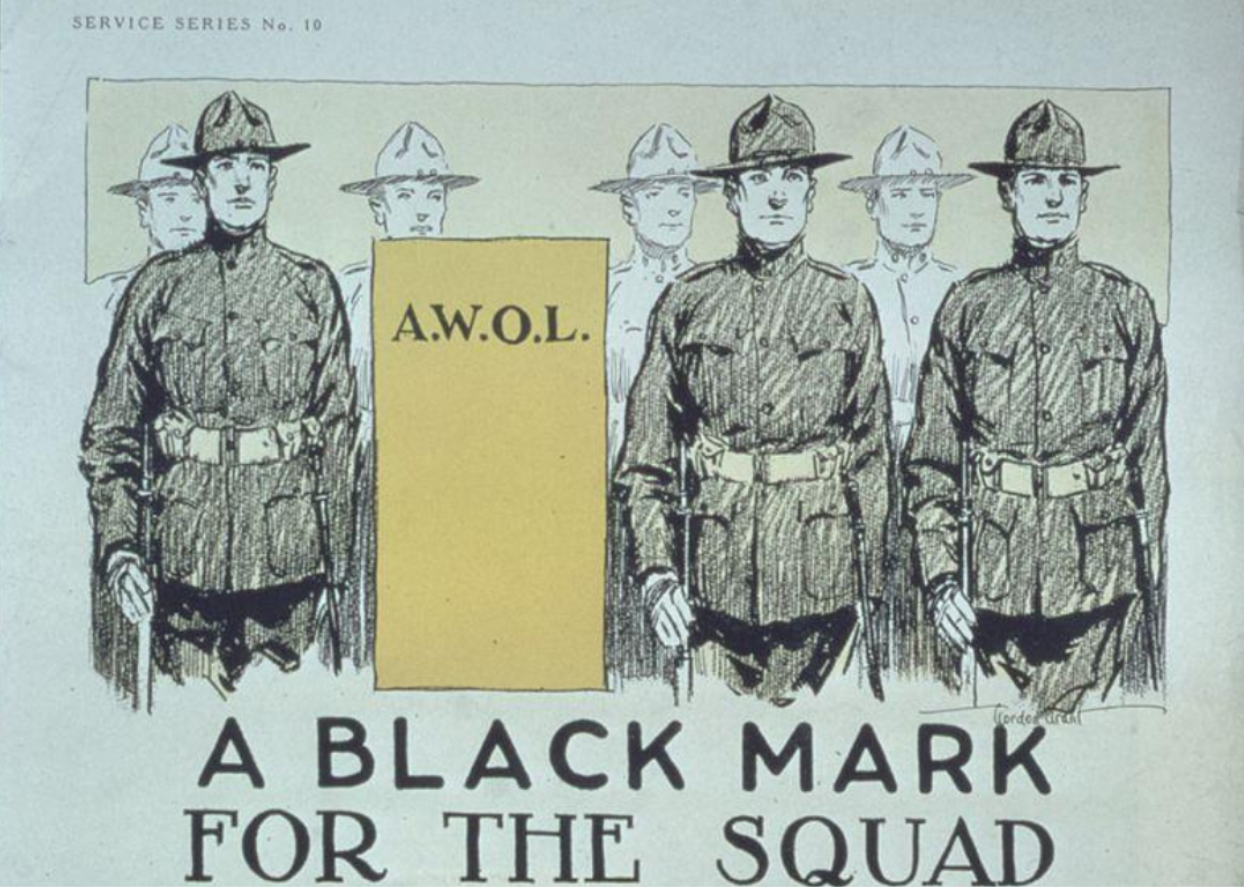
U.S. National Archives and Records Administration // Wikimedia Commons
AWOL
One of the more familiar military terms is "AWOL," an acronym for "absent without leave." Someone who takes on this status is gone without permission, typically in the context of abandoning their post.
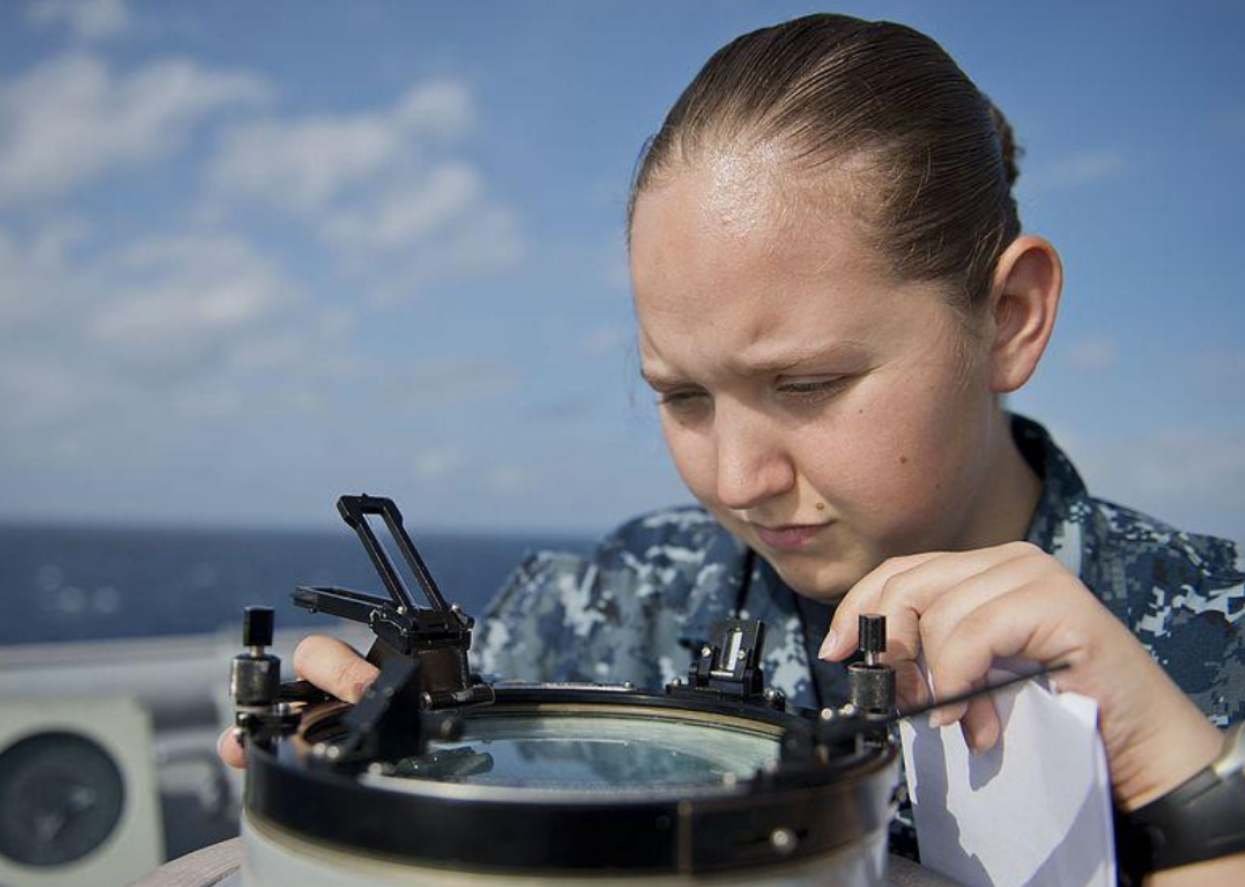
U.S. Navy // Wikimedia Commons
Azimuth check
An azimuth is an angular measurement in a spherical coordination system. While usually used as a technical term in land navigation, this phrase can generally refer to taking the time to stop and ensure the current task (whatever it may be) is being done right.
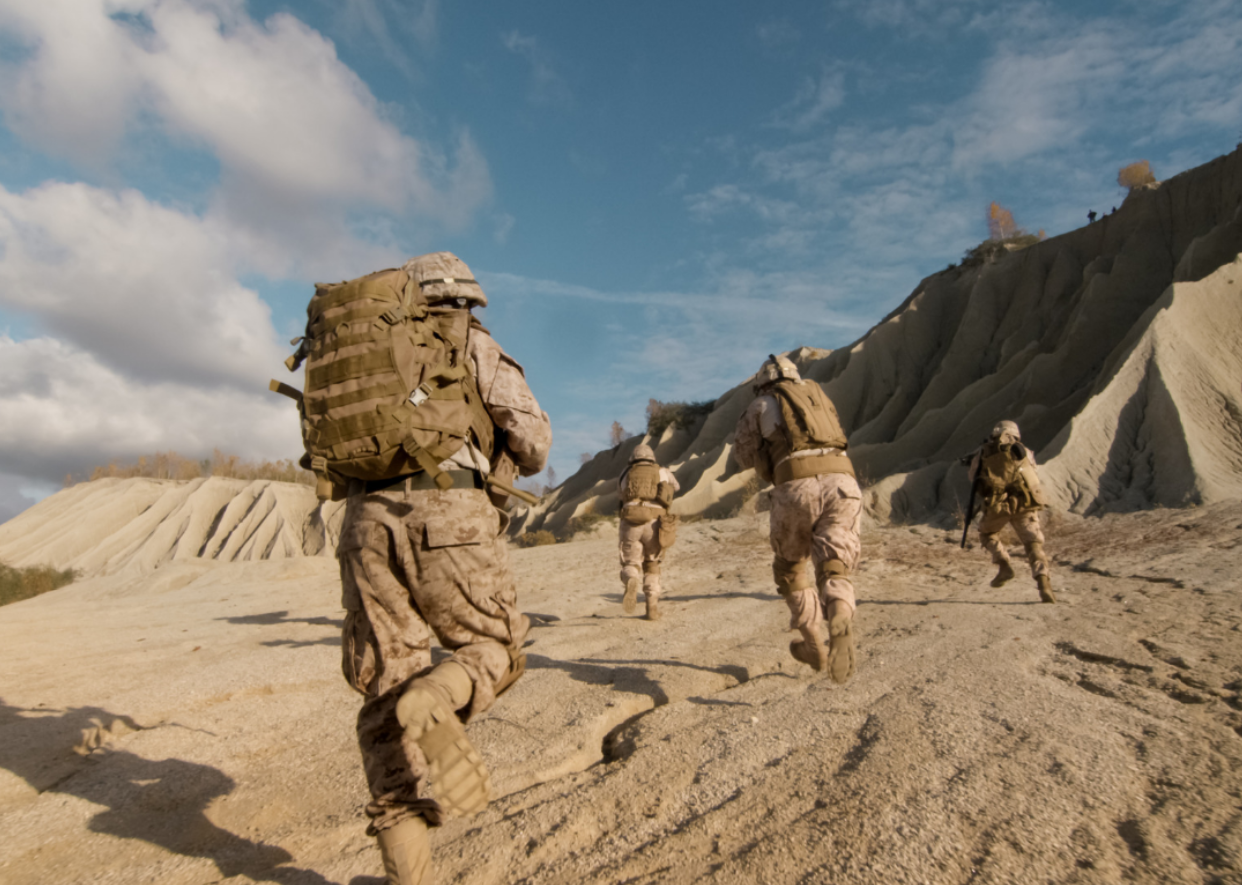
Gorodenkoff // Shutterstock
Beat feet
A fun-sounding rhyme, "beat feet" means to move from your current location quickly, as in to beat your feet on the pavement.
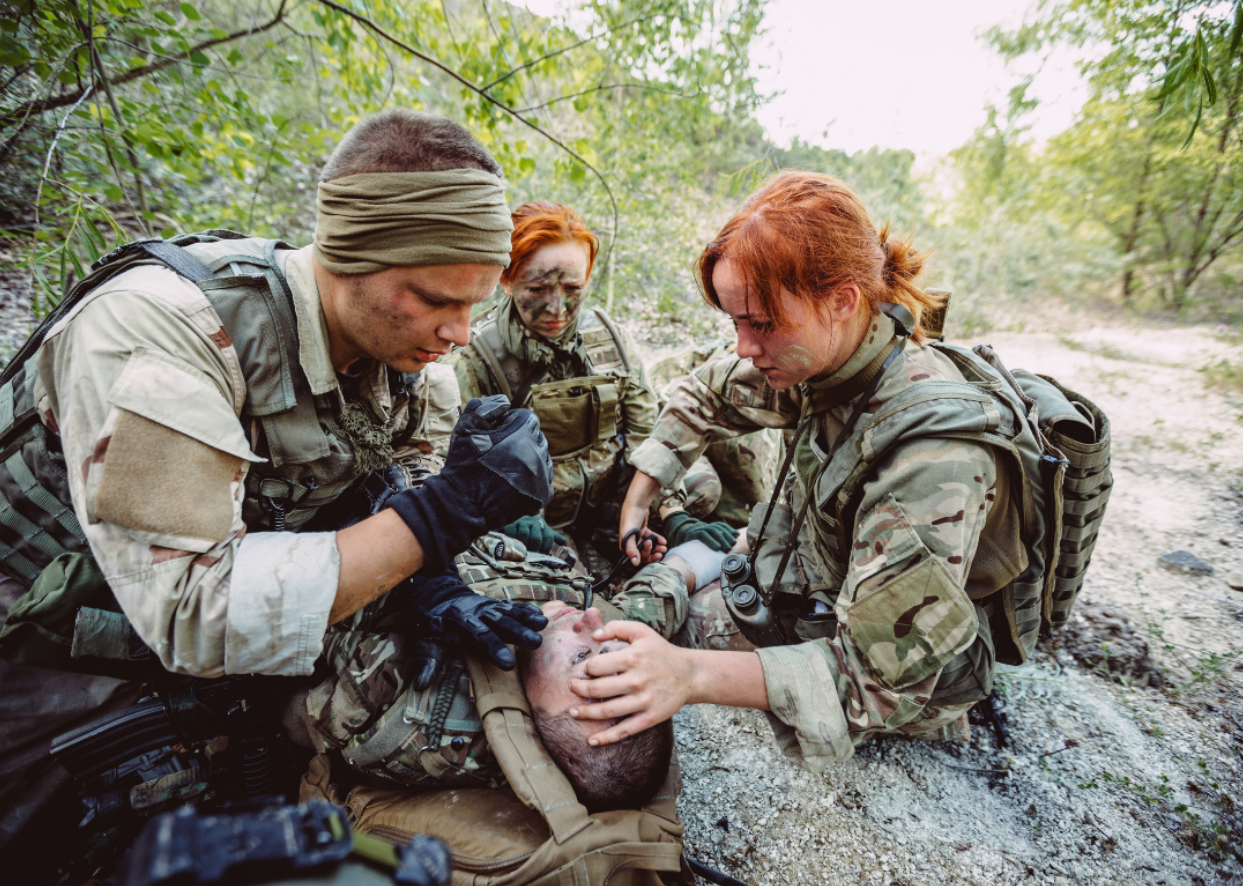
PRESSLAB // Shutterstock
Bite the bullet
An expression you may already be using, legend has it that this saying was derived from having service members bite a bullet during battlefield surgery to distract them from pain. The aphorism means to accept the inevitable or impending suffering and move past it quickly and with fortitude.
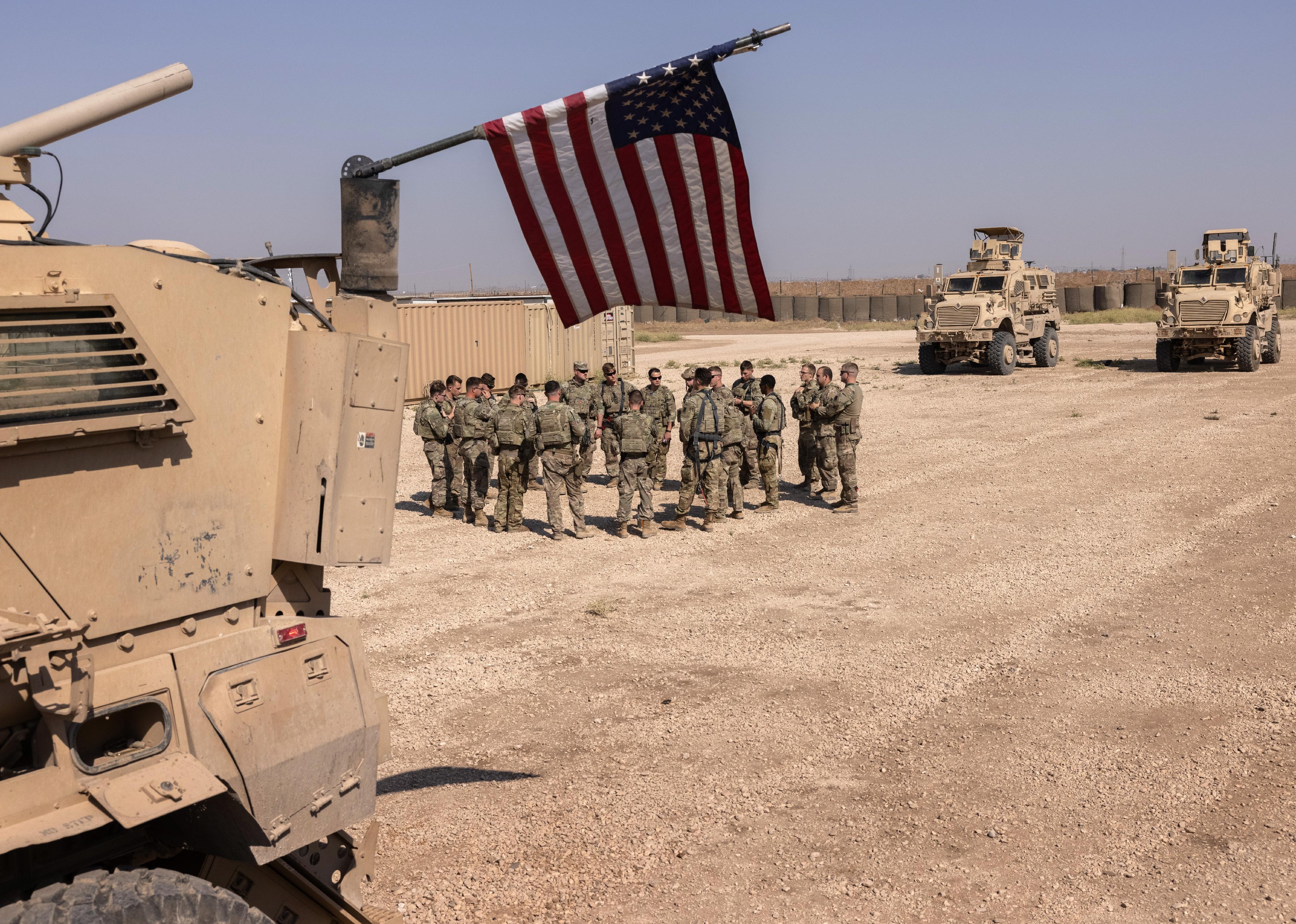
John Moore // Getty Images
BOG
BOG, or boots on the ground, refers to combat troops who are deployed in another country. Though the phrase has been criticized for obscuring the humanity of deployed soldiers by referring to them as "boots," it is still commonly used.
You may also like: 100 actors who served in the military
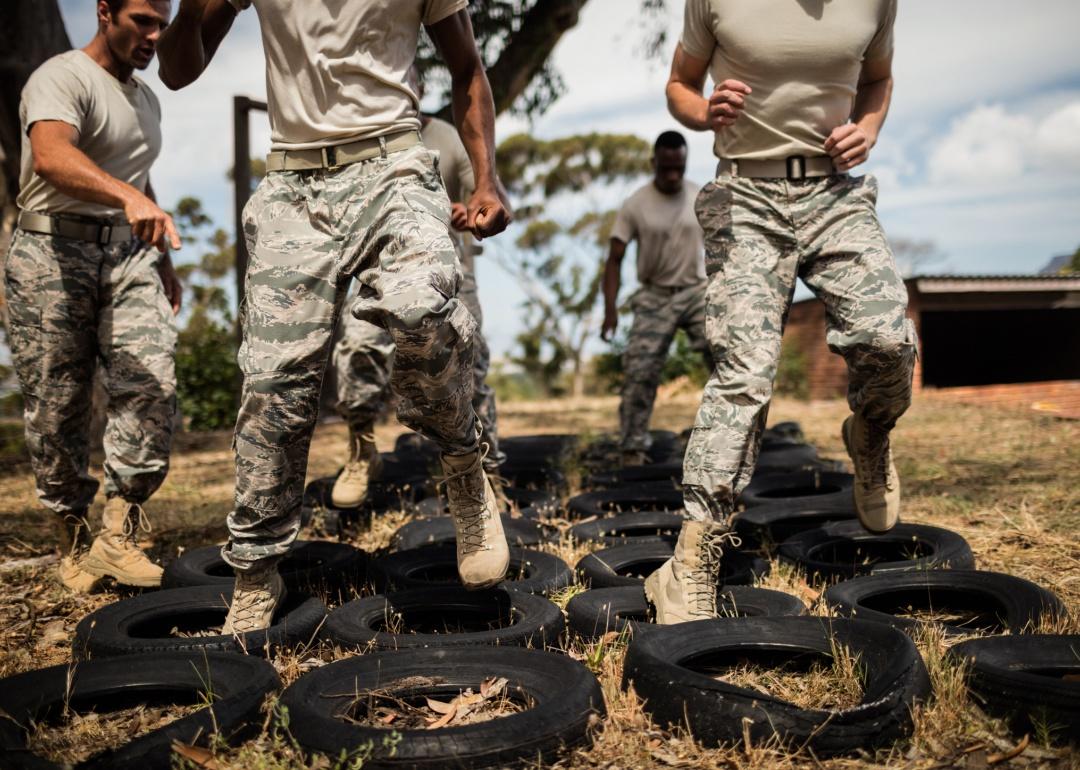
wavebreakmedia // Shutterstock
Boot
Commonly used in the Marines, "boot" is a somewhat derogatory term for a novice service member, often one who is fresh out of boot camp. Depending on who you ask, it stands for "beginning of one's tour" or "barely out of training."
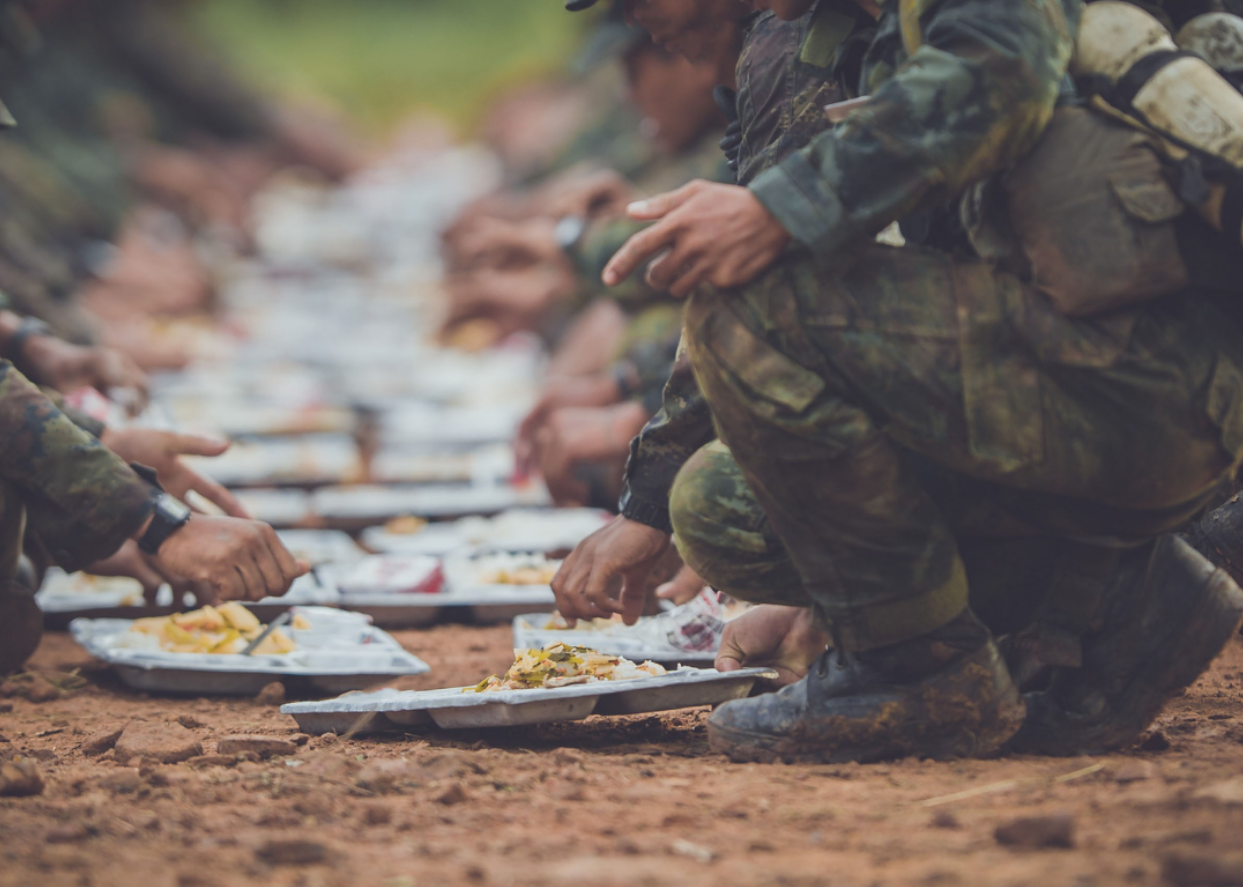
ANURAKE SINGTO-ON // Shutterstock
Chow down
Another one on the list you may already be using, this phrase is understood to have military origins. The literal meaning is to sit down and eat. "Chow" is a popular word for food for members of the armed forces and is used interchangeably with "mess." Both words lend themselves to dining places: "chow hall" or "mess hall."

Canva
Civvies
"Civvies" is a nickname for civilian (nonmilitary service members) outfits or clothing.
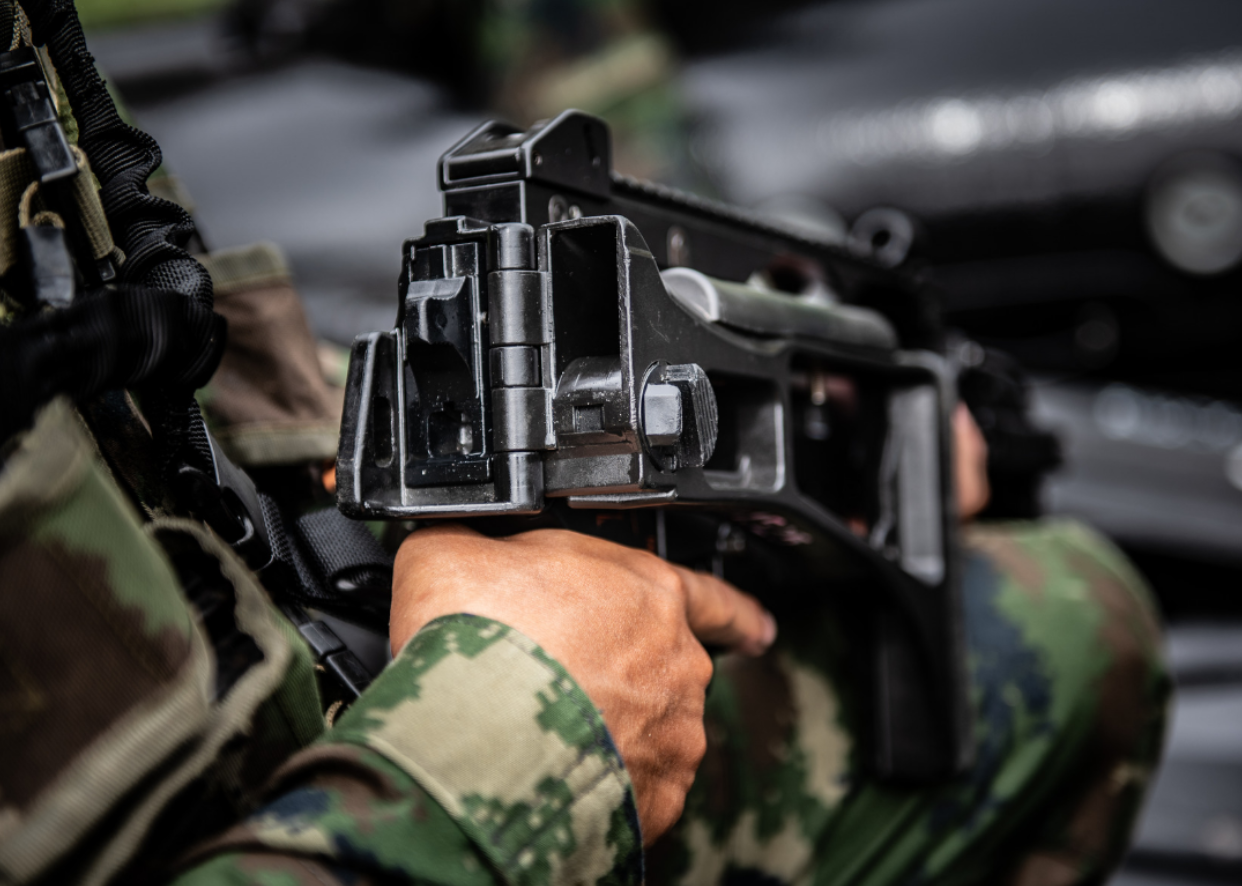
narin phapnam // Shutterstock
Coup de grace
"Coup de grace" translates in French to "stroke of grace" or "blow of mercy." You may have heard this defined as a mercy kill, but the phrase is also applied to the final action necessary to finish a task.

Canva
Dear John
"Dear John" is when one's significant other breaks up with them through a letter, often when the person is deployed or training away from home. The term (often used as a verb; to "Dear John someone") was popularized by the 2010 film starring Amanda Seyfried and Channing Tatum.
You may also like: 25 facts about nuclear weapons
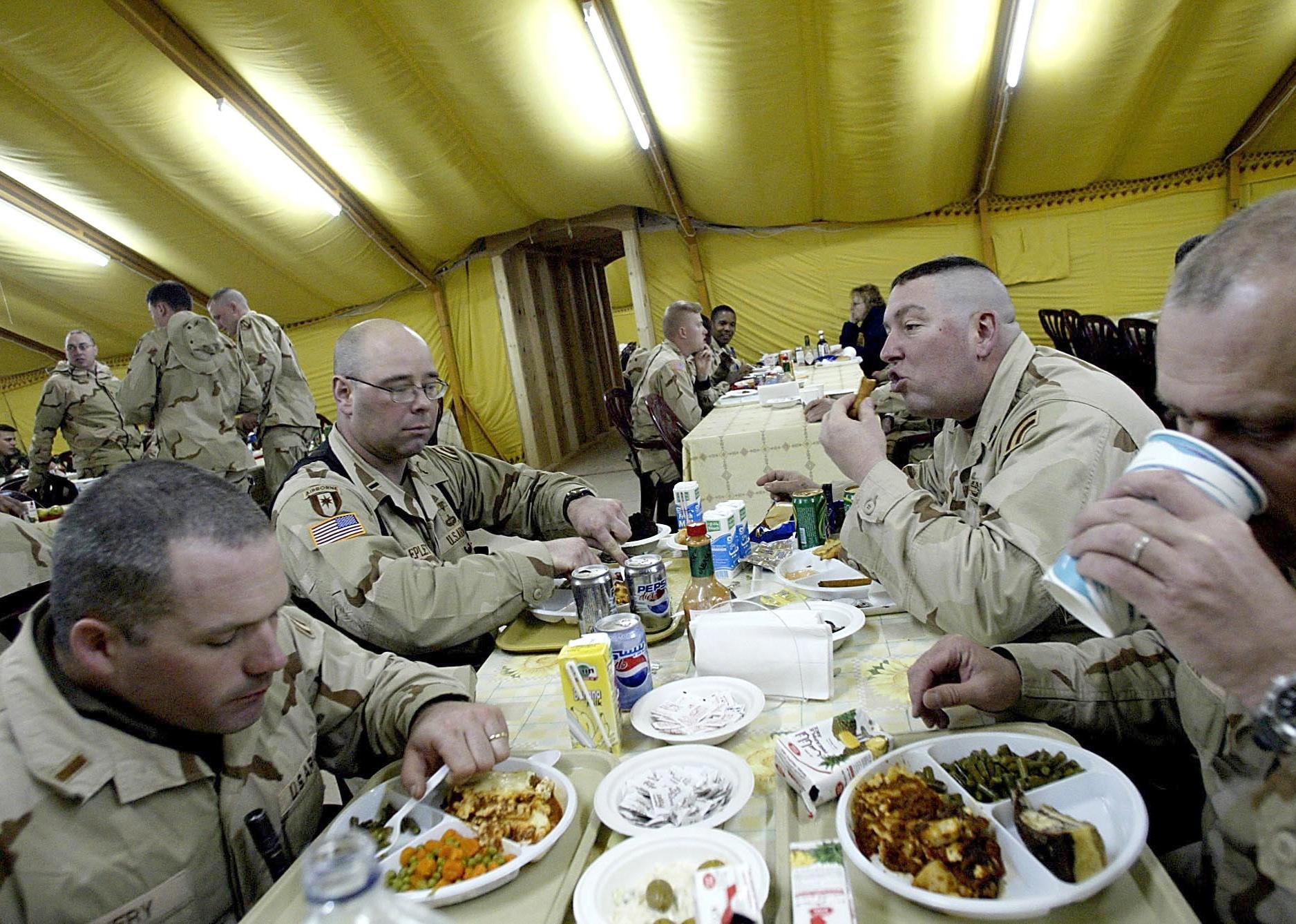
John Wilcox/MediaNews Group/Boston Herald // Getty Images
DFAC
Short for dining facility, some military members use "DFAC" to refer to a "chow hall."
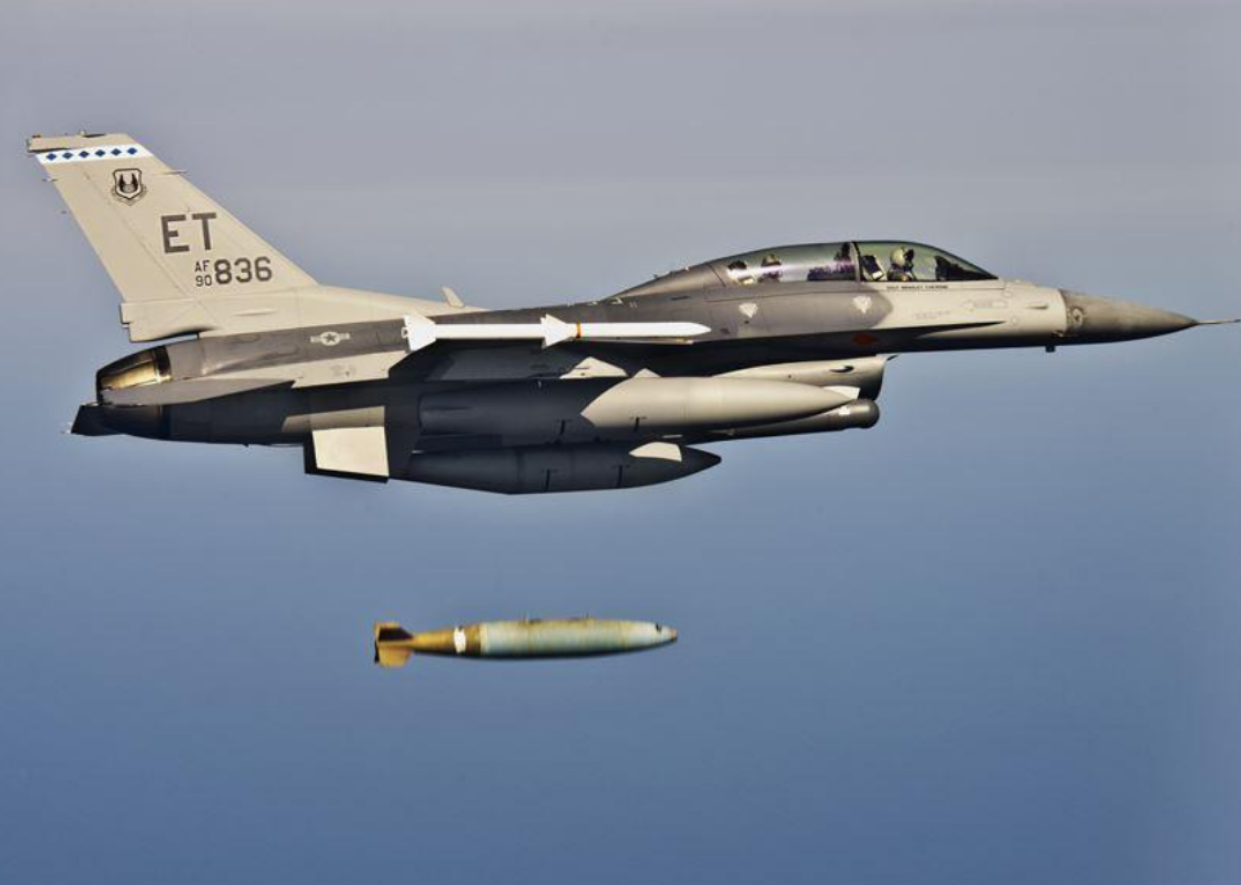
U.S. Air Force photo/Staff Sgt. Joely Santiago
Dud
"Dud" has been adopted to mean something that does not work. The technical origin is from the Middle English word "dudde," which refers to worn-out clothing and was later expanded to include weapons that were worn out or dysfunctional. Now dud is synonymous with junk and can be applied to anything (or anyone) that does not work as it was supposed to.
Some say the term was applied to weapons from the sound a bomb makes when it does not go off (a "thud" or a "dud").
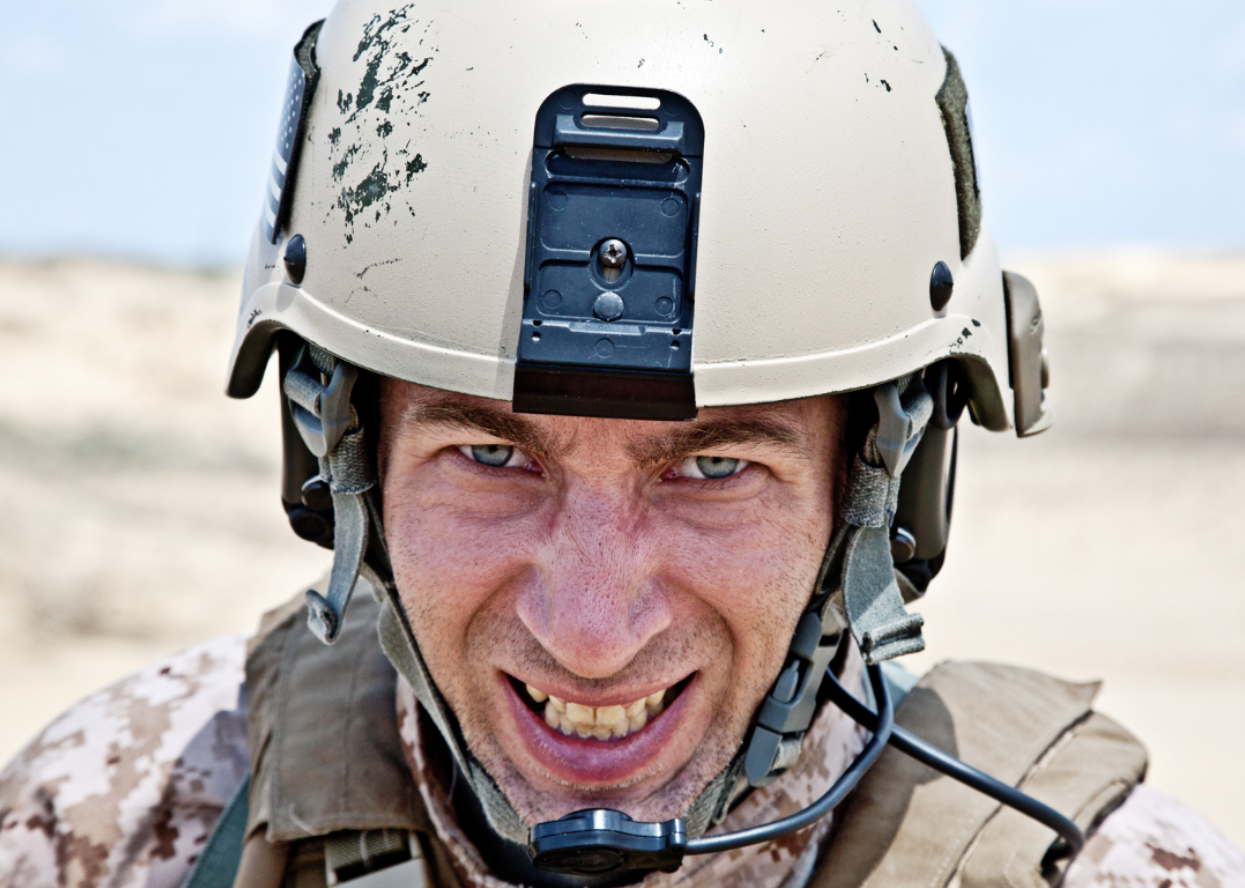
getmilitaryphotos // Shutterstock
Fangs
Exactly what it sounds like, "fangs" is a Marine Corps term for one's teeth.
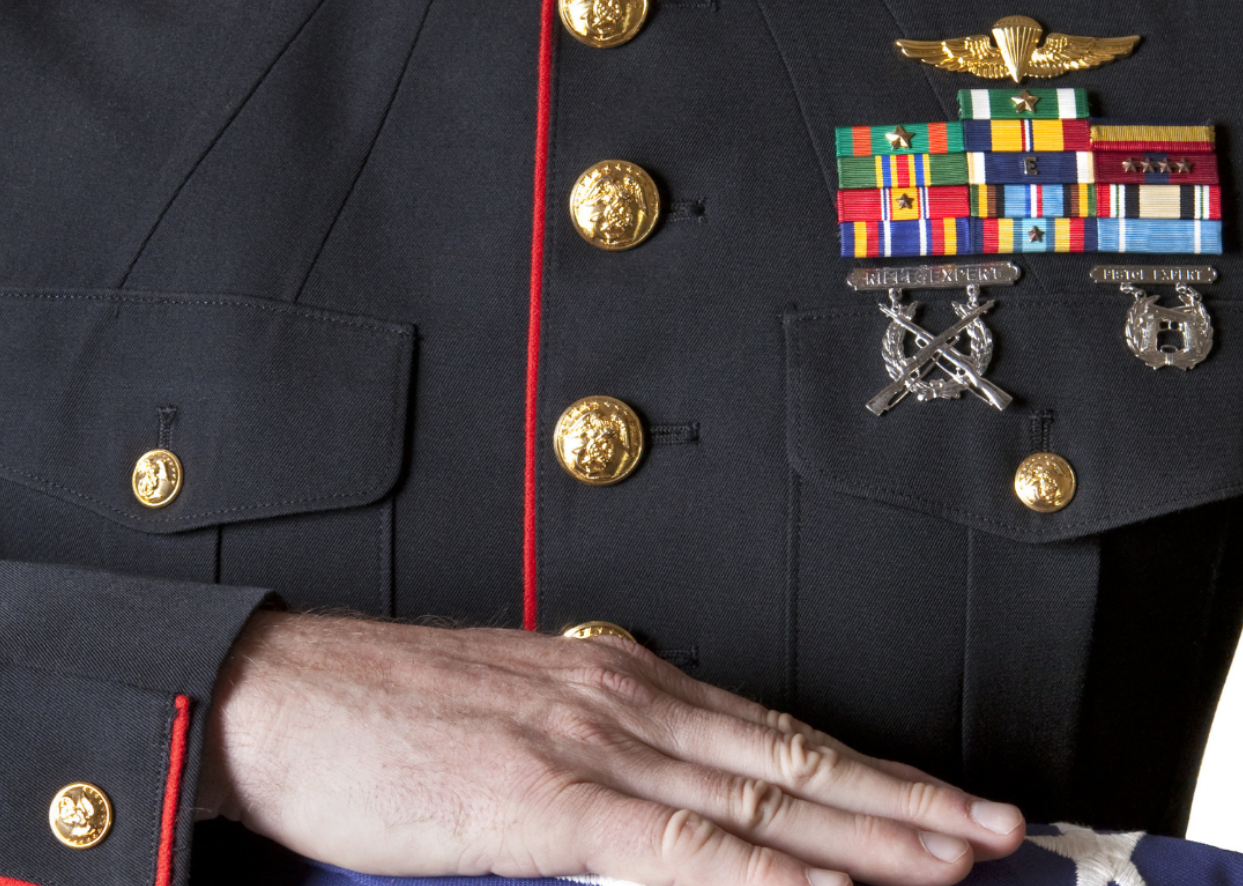
Straight 8 Photography // Shutterstock
Fruit salad
Slang for the ribbons and medals on a Marine uniform due to the rich array of colors contrasting with the plain blue uniform.
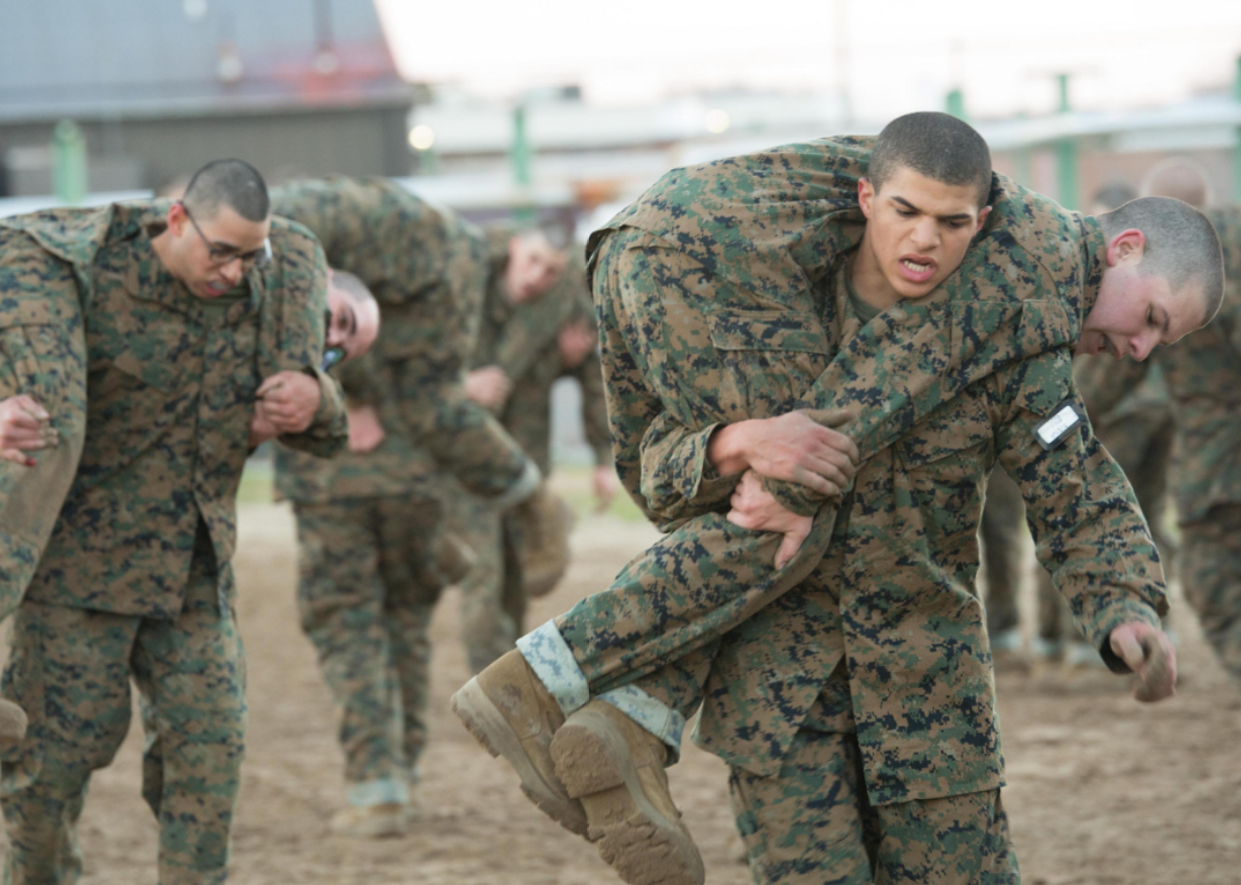
Lance Cpl. Vaniah Temple
FTA
"FTA" is an acronym for "failure to adapt." Someone can be reprimanded or discharged for this lack of versatility, and some modern workplaces may use this terminology to evaluate employees.
You may also like: A history of US submarines from the American Revolution to today
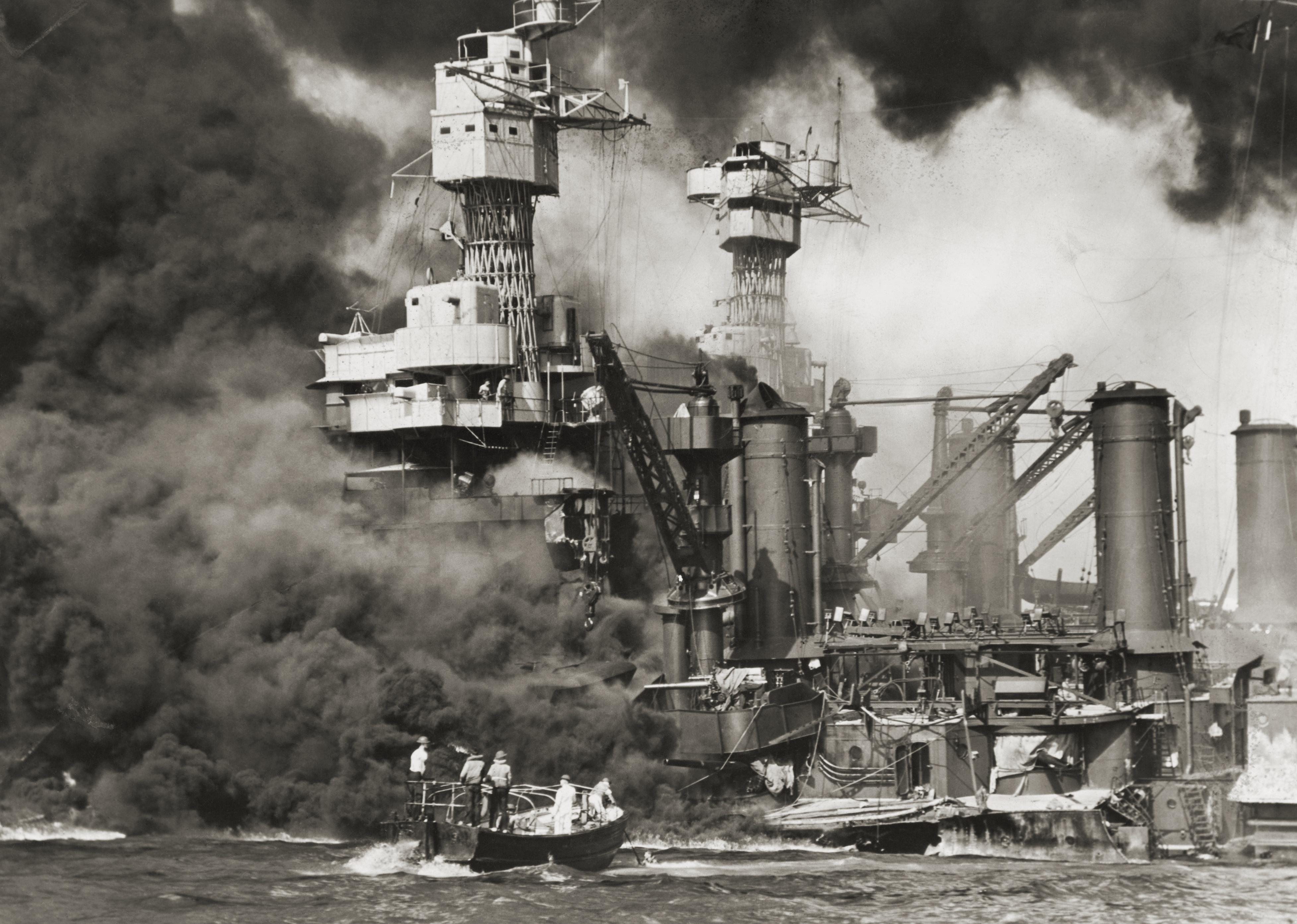
Bettmann Archive // Getty Images
FUBAR
While the origin of "FUBAR" is debated (one source said it was from the German word "furchtbar," meaning frightful or terrible), it has now been popularized to stand for "f****d up beyond all repair/recognition." This term can be heard used famously in movies like "Tango and Cash" and "Saving Private Ryan" and refers to a situation that has gone very wrong.
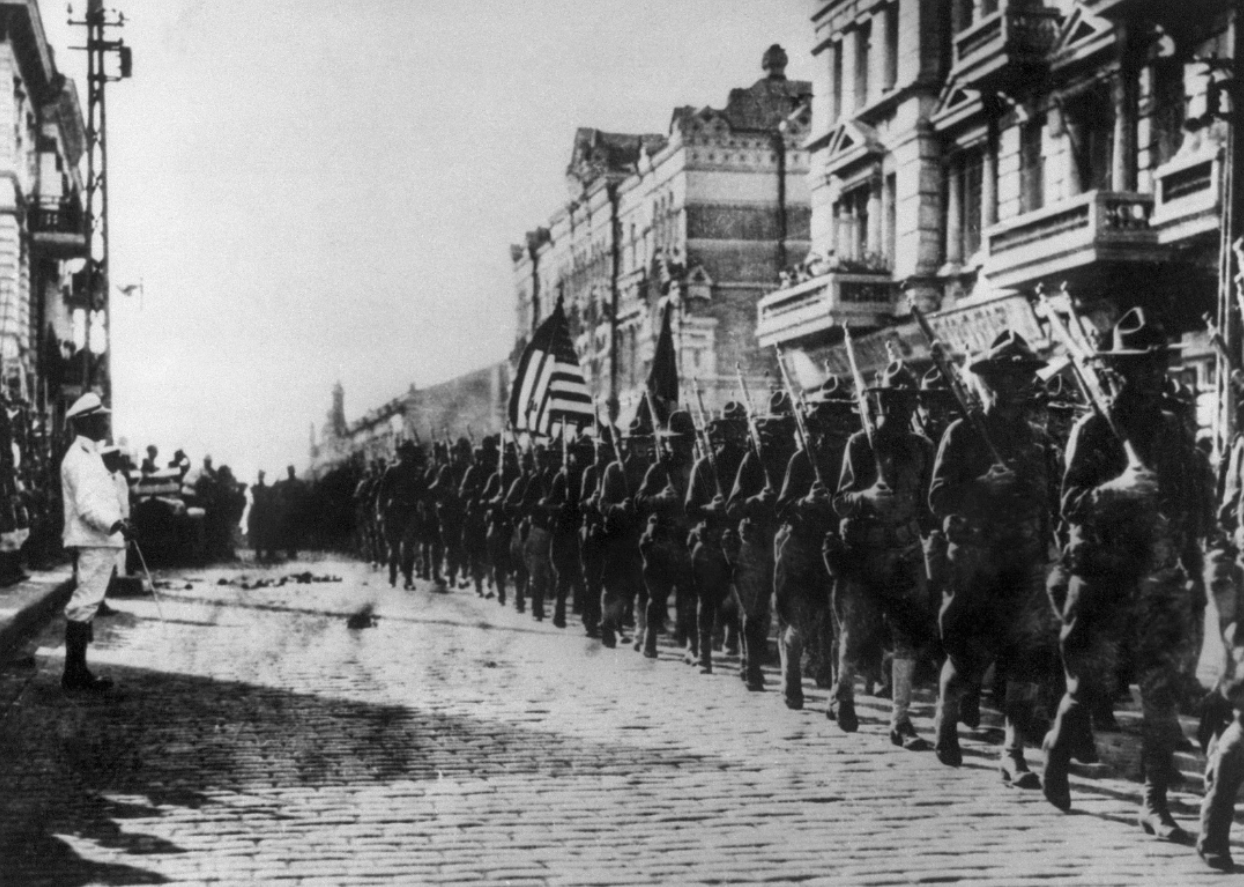
OFF/AFP // Getty Images
Full battle rattle
Another rhyme on the list, this one means to be wearing all of your battle gear.
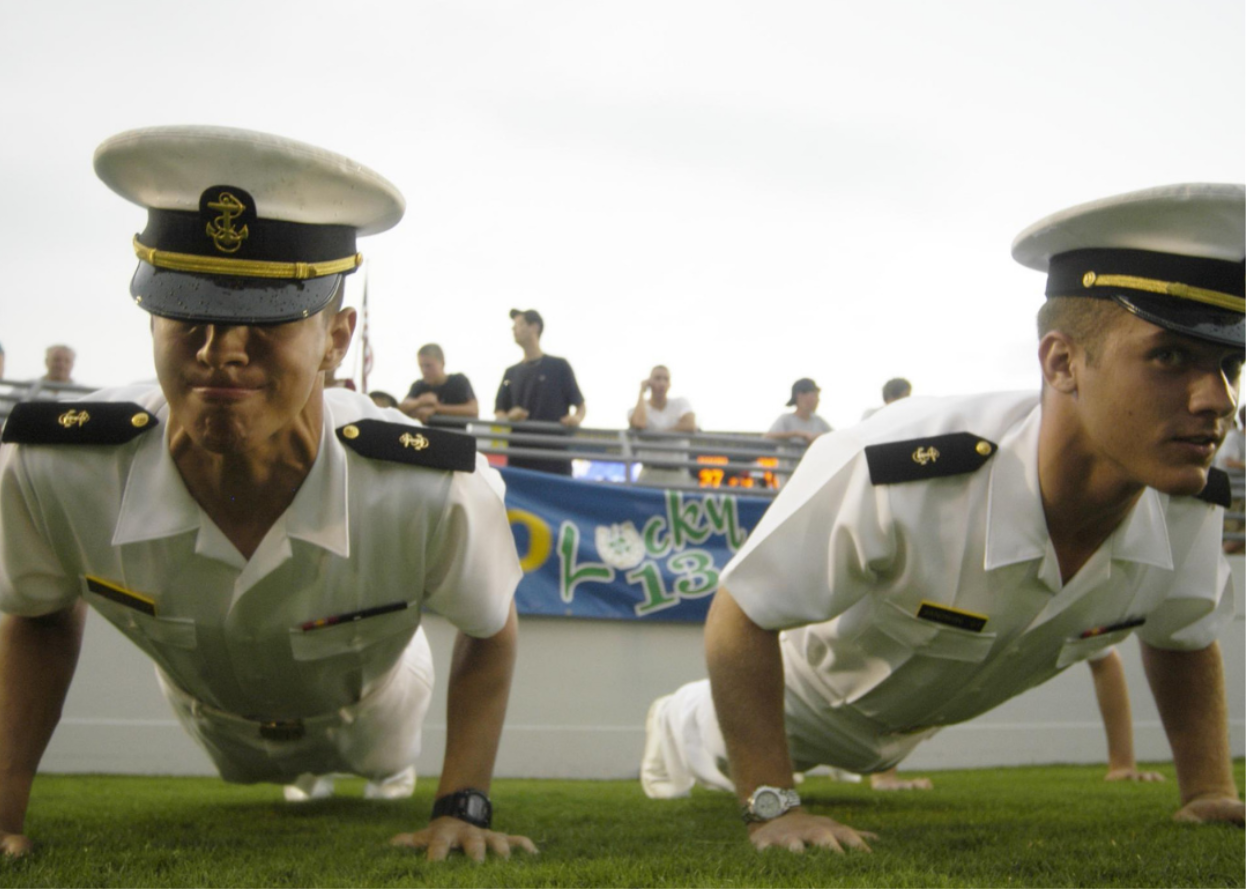
U.S. Navy photo by Photographer's Mate 2nd Class Damon J. Moritz.
Grab some real estate
A phrase often used to indicate that some sort of physically taxing punishment—often pushups—will ensue. The "real estate" is likely a patch of grass or an area of cement from which you will be expected to complete the punishment.
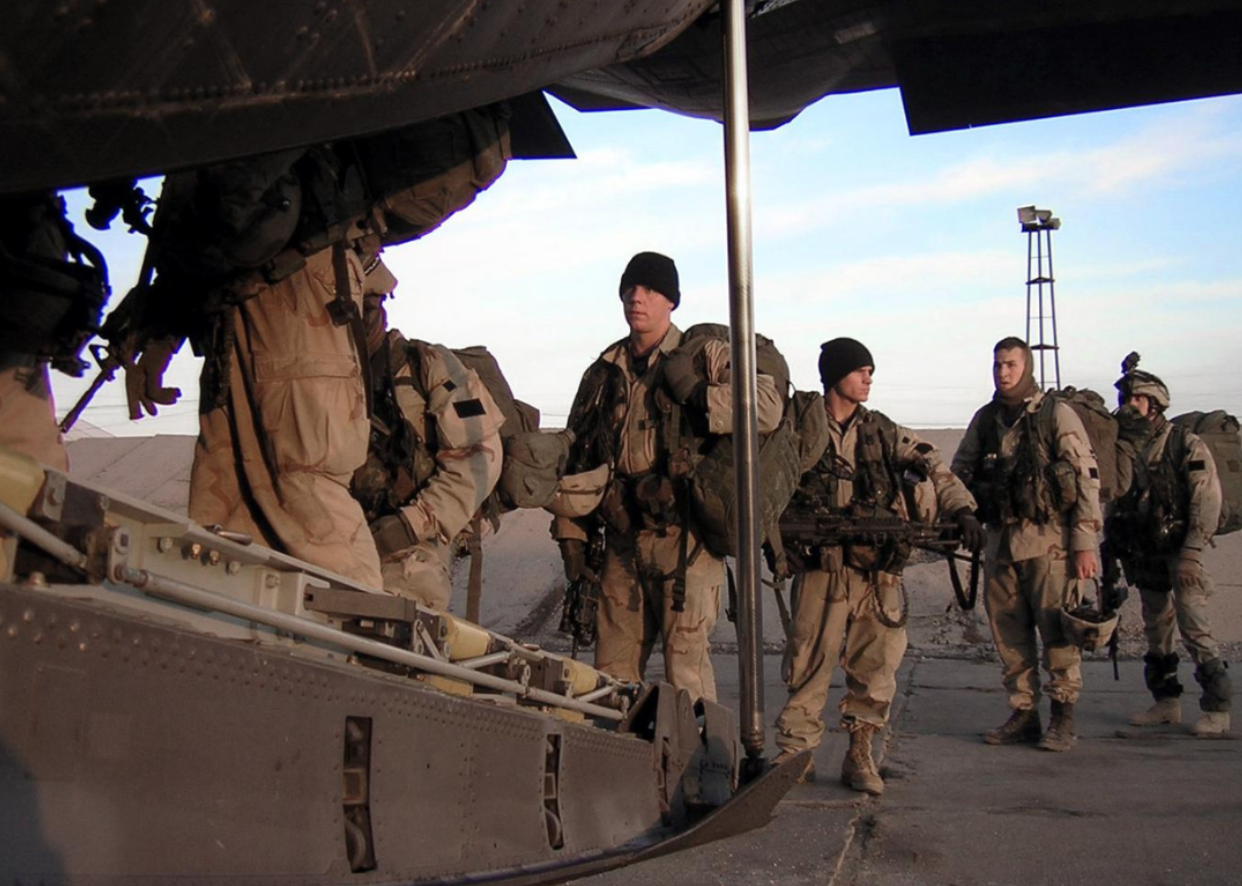
U.S. Air Force photo by Col. Tim Vining
Groundhog Day
This term refers to repetitive, boring situations. The concept was popularized by a 1993 Bill Murray film of the same name.
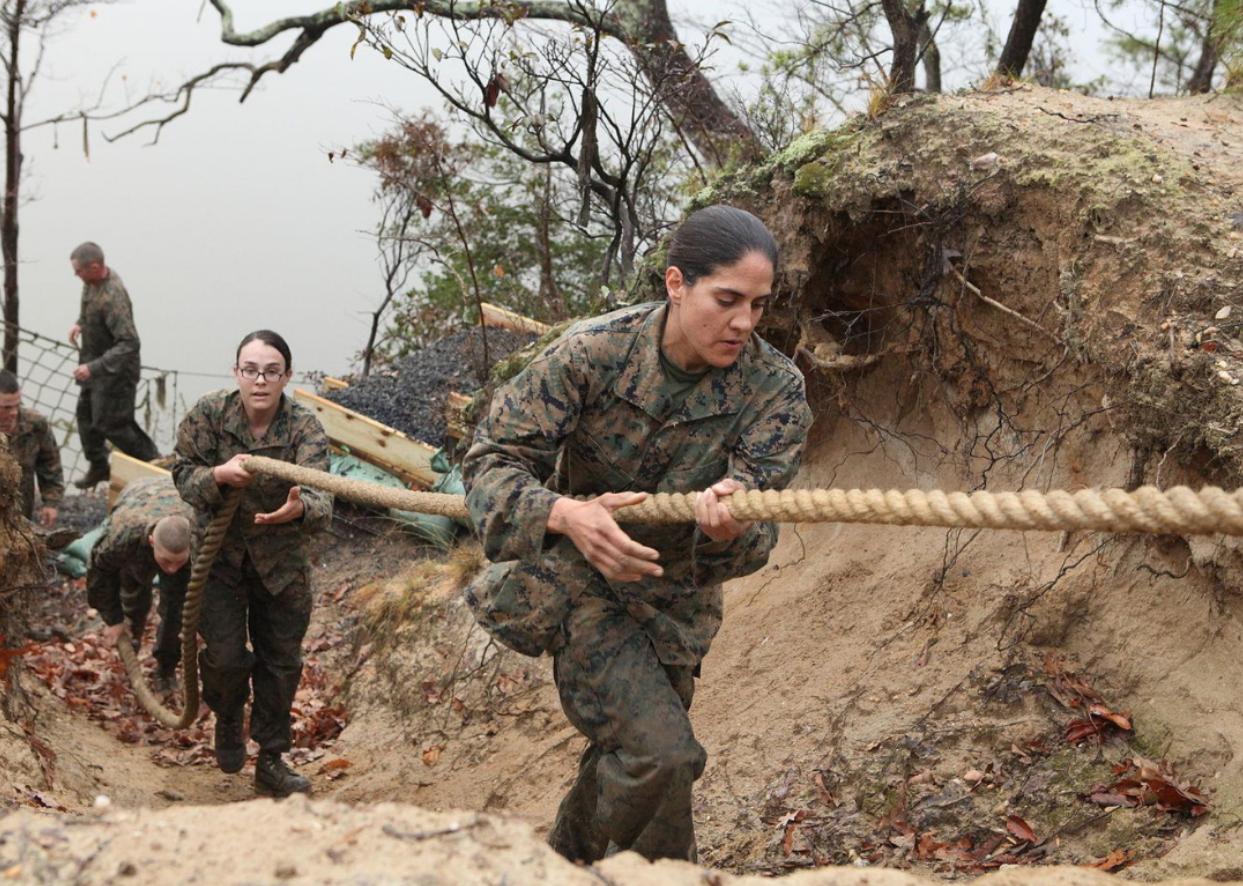
Sgt. Christopher A. Green/U.S. Navy // Wikimedia Commons
Have someone's 6
Meaning to have someone's back, the phrase applies to physically watching the "6 o'clock" of someone on a mission or in battle. Using clock position, the 6 o'clock would indicate behind or below that person.
You may also like: 50 best war documentaries of all time
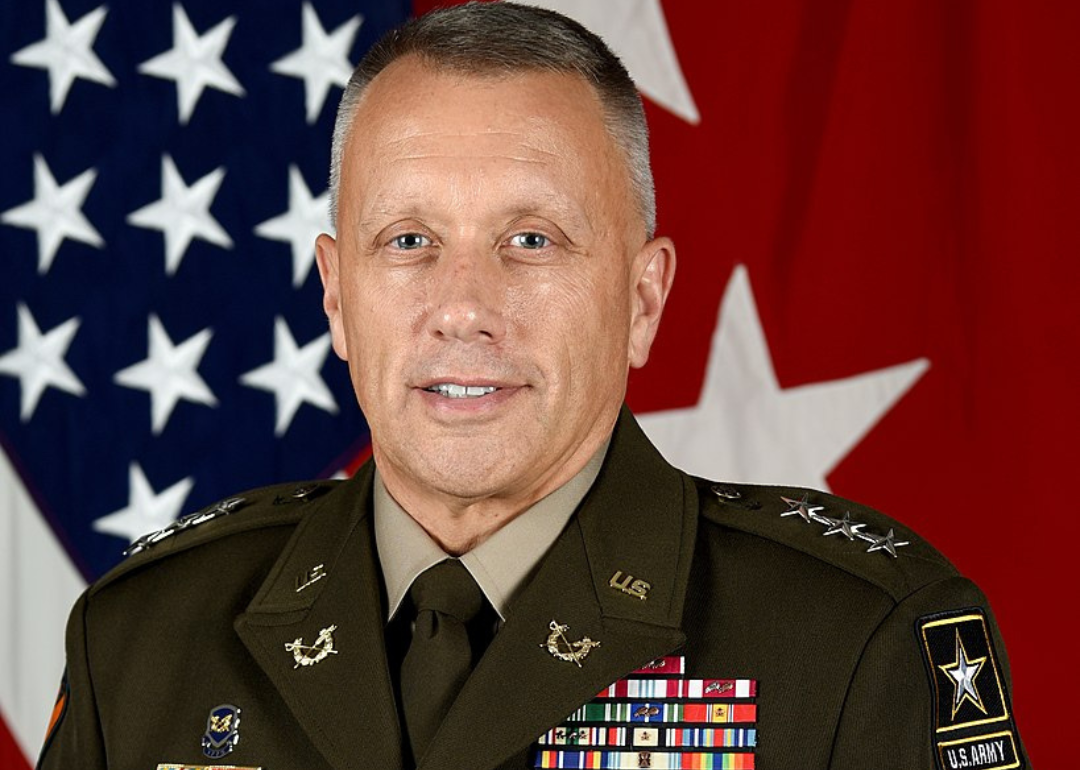
William Pratt, U.S. Army // Wikimedia Commons
JAG
JAG stands for judge advocate general, or the military's senior-most judicial officer. In the U.S., judge advocates are specially trained in military law and are usually appointed to a specific branch of the armed forces where they provide legal guidance and serve as lawyers in courts-martial. Judge advocates make up the JAG Corps.
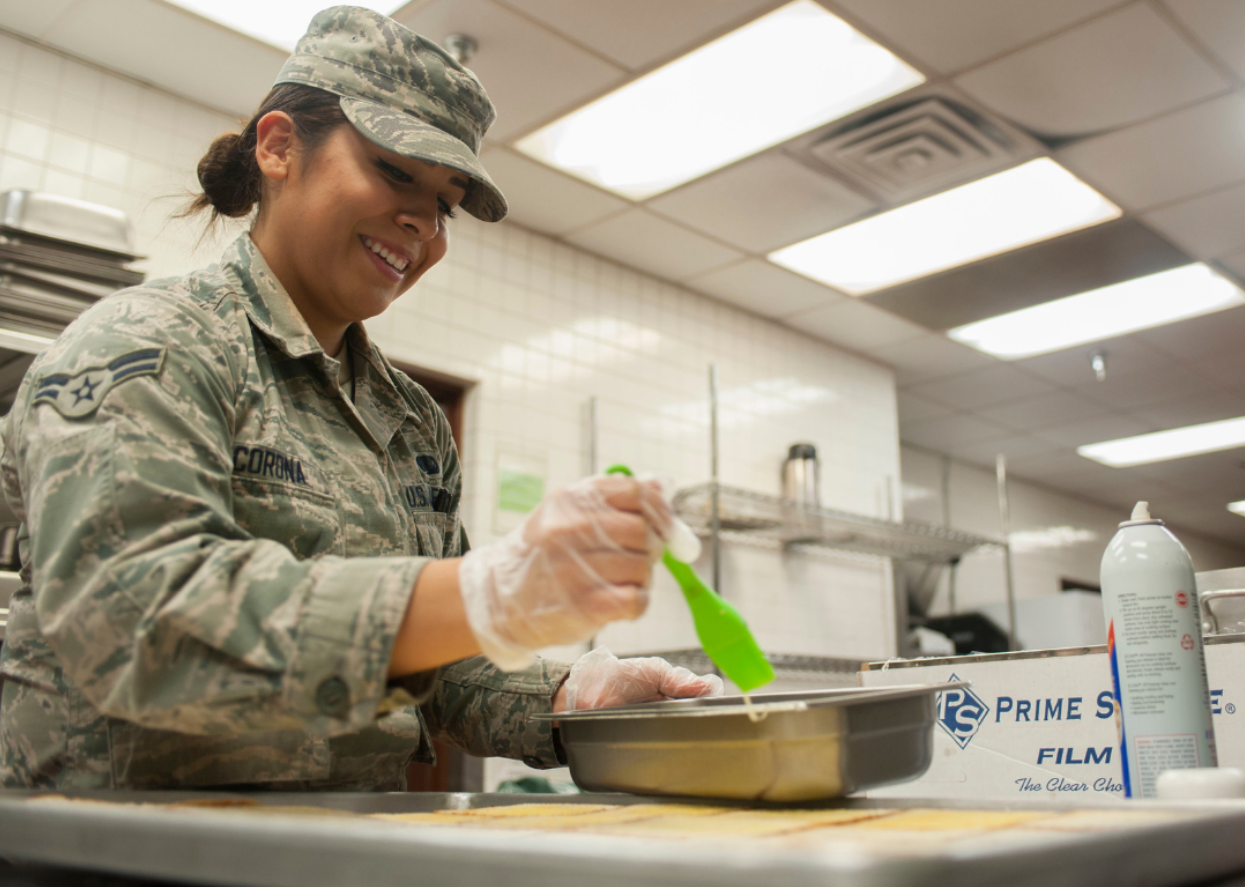
Senior Airman Mikaley Kline // USAF
KP duty
Kitchen Police duty, also known as Kitchen Patrol duty, is an often-dreaded task assigned to soldiers that involves preparing food to be cooked, serving meals, and cleaning up the kitchen and dining halls afterward. In the 1980s, some military branches began replacing military personnel on KP duty with civilian workers, ending the infamously hated job.
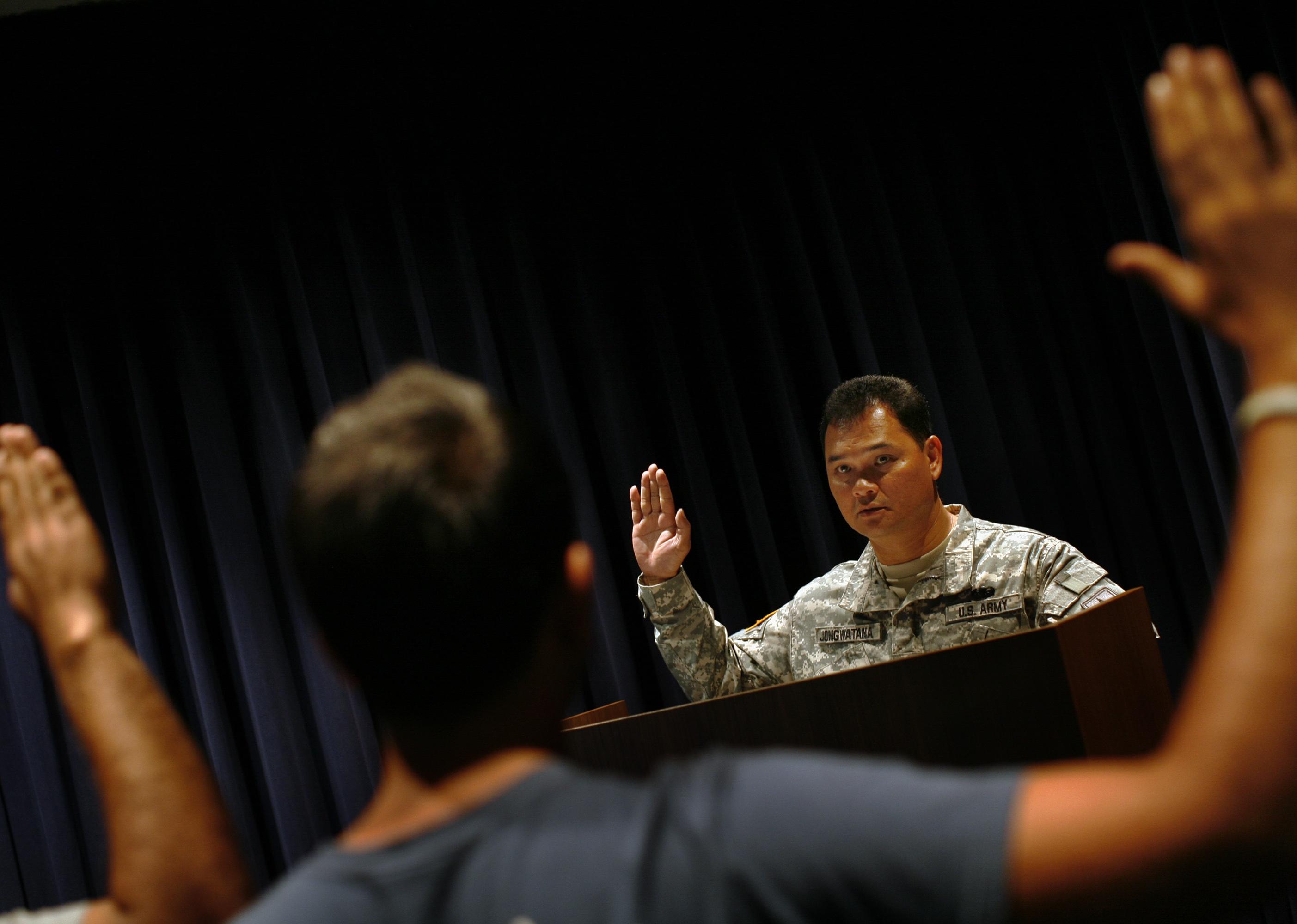
Jay L. Clendenin/Los Angeles Times // Getty Images
MEPS
Short for Military Entrance Processing Stations, these centers are where those interested in enlisting in the military go to be evaluated. At MEPS, prospective enlistees take an exam called the Armed Services Vocational Aptitude Battery, which tests whether the military would be a good fit, and, if so, which branch is the best match.
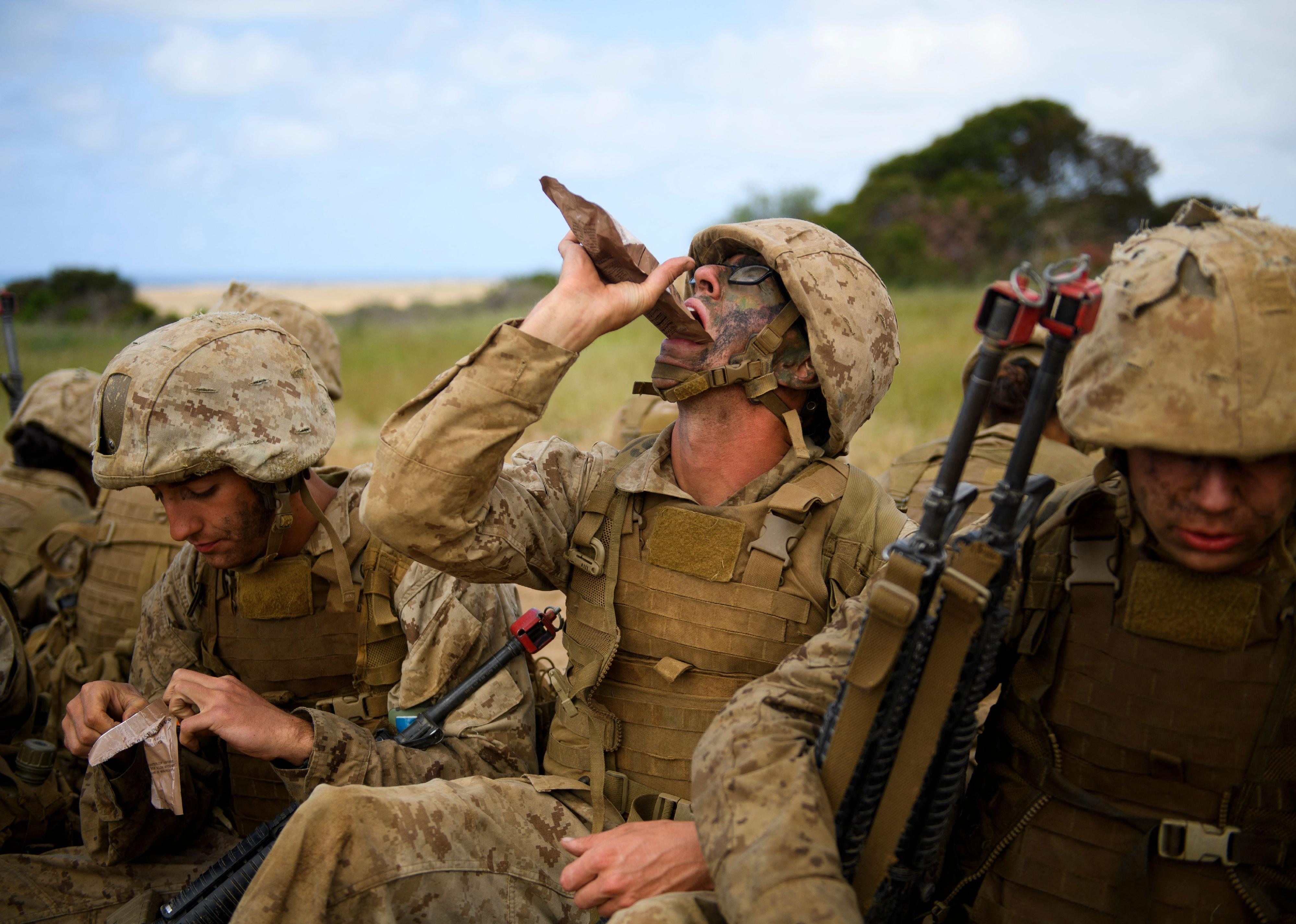
PATRICK T. FALLON/AFP // Getty Images
MRE
"MREs" are packages of food for combat or other field positions, representing "meals ready to eat."
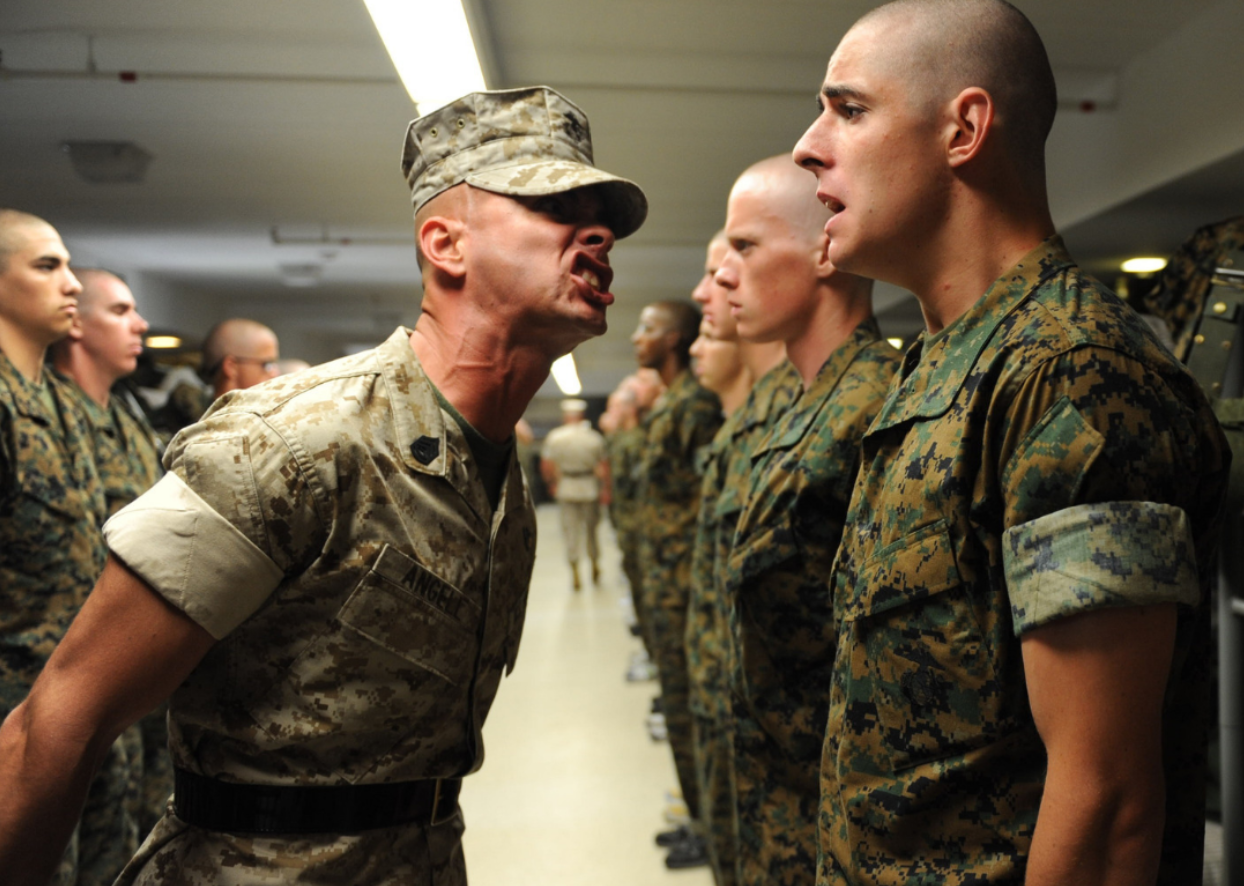
Pumi Zumi // Shutterstock
Oxygen thief
An "oxygen thief" is witty, derogatory slang for someone who talks too much.
You may also like: Can you answer these real 'Jeopardy!' questions about U.S. military history?
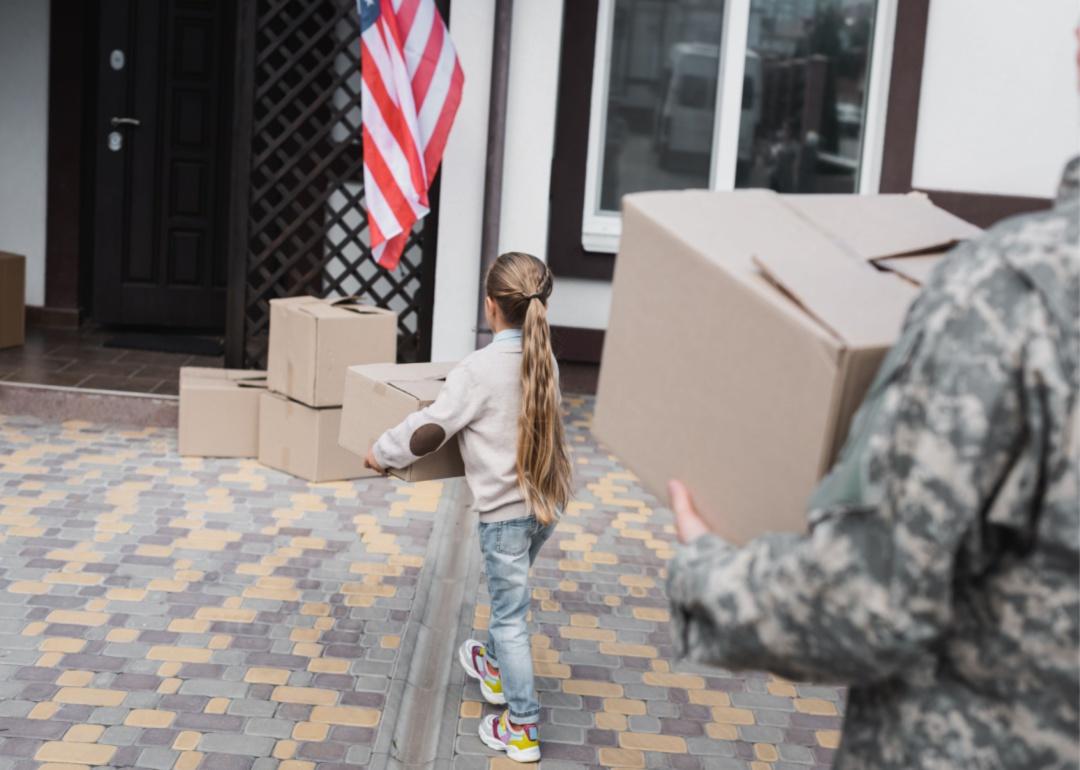
LightField Studios // Shutterstock
PCS
A permanent change of station, or PCS, is a normal part of being in the military and involves moving between one station and another or from a station to home. According to the Department of Defense, around a third of those in the military experience a PCS move each year. Most of the time, the cost of relocation is paid for by the government.
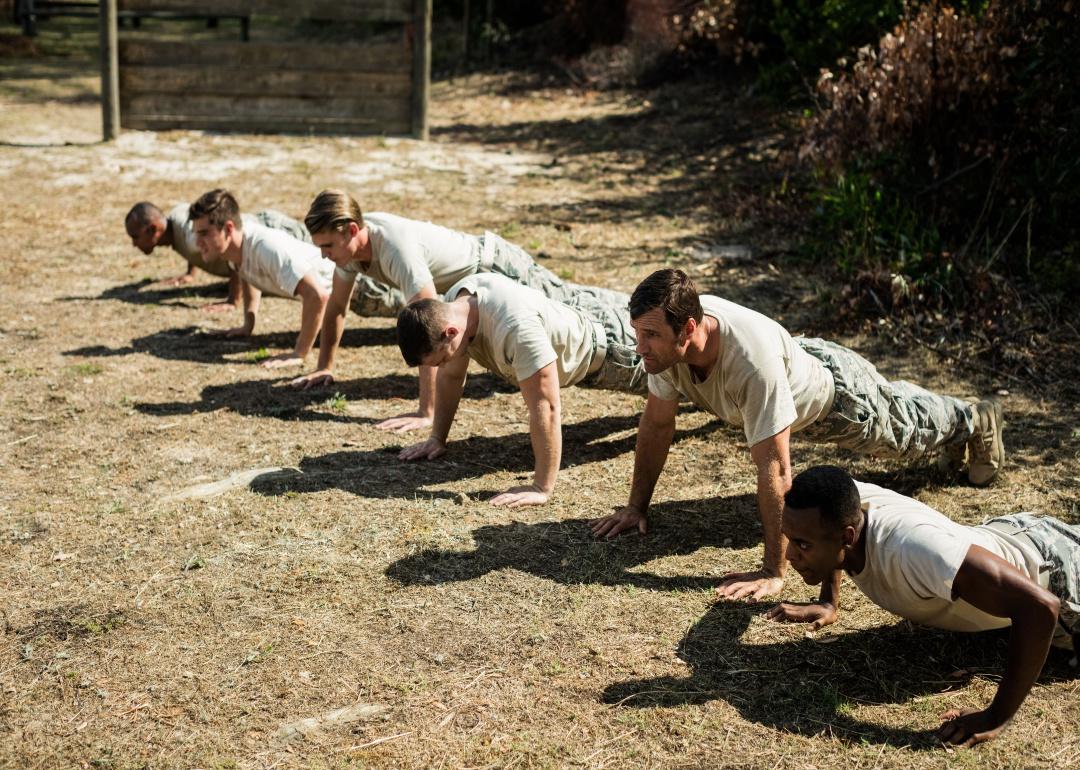
wavebreakmedia // Shutterstock
PT
PT, also known as physical training, is not just tested during basic training. A Physical Fitness Test is administered several times a year for enlisted soldiers in several branches of the military. Each branch has different requirements for the test, but most involve different variations of running, push-ups, and sit-ups.
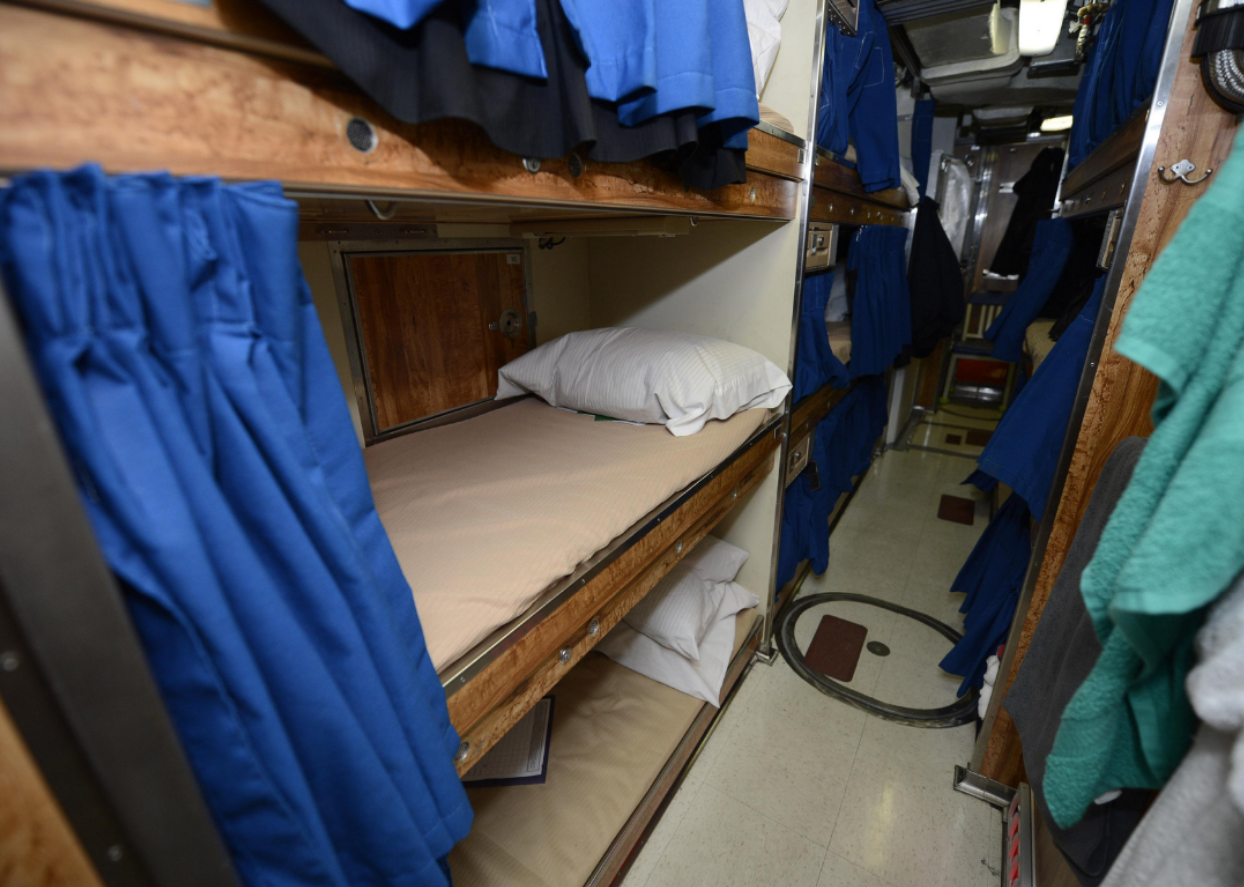
U.S. Navy photo by Mass Communication Specialist 1st Class Jeffrey M. Richardson
Rack
"Rack" is slang for bed. Beds in boot camp and on ships are notoriously uncomfortable, with the word rack summoning the vision of an uncomfortable piece of metal.
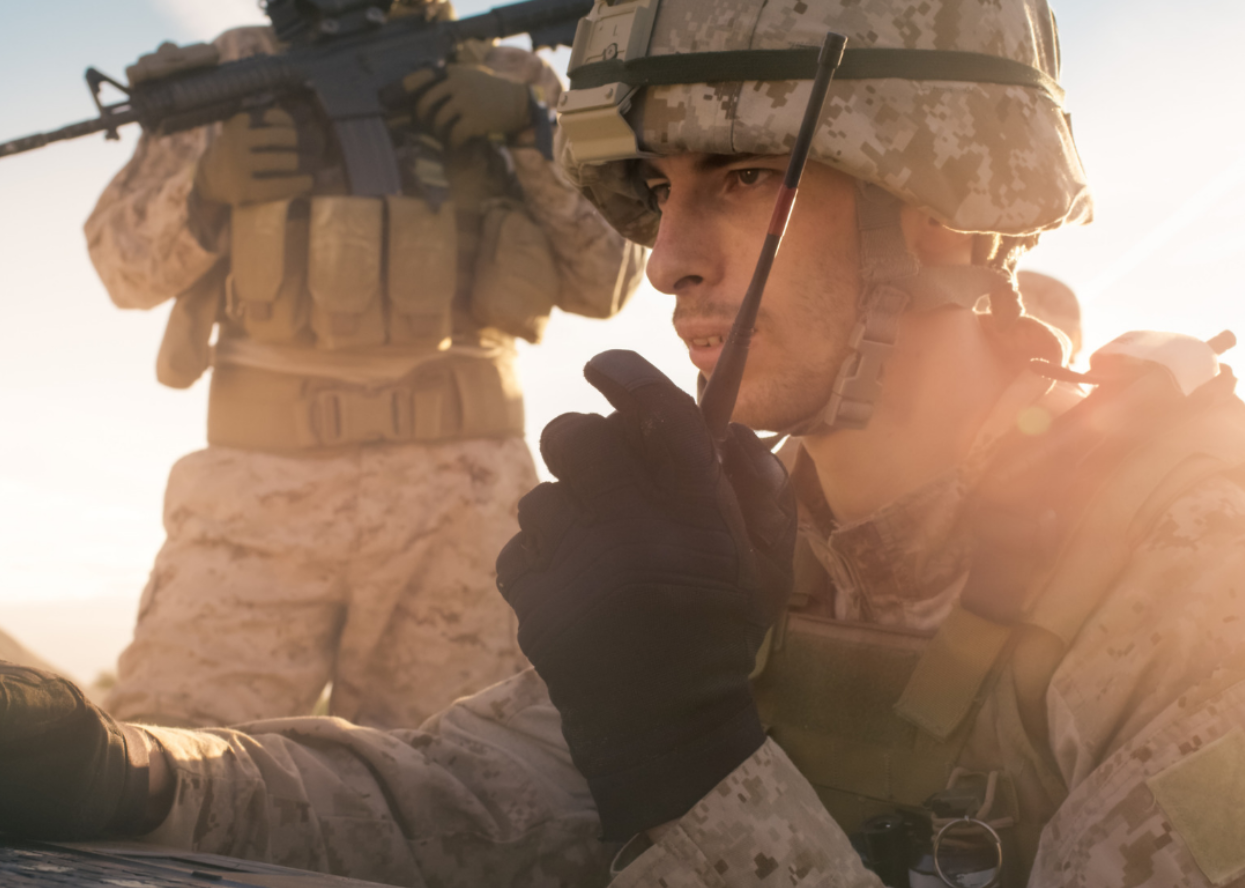
Gorodenkoff // Shutterstock
Roger
"Roger" or "Roger that" is used over the radio or phone to indicate that a message has been received and understood.
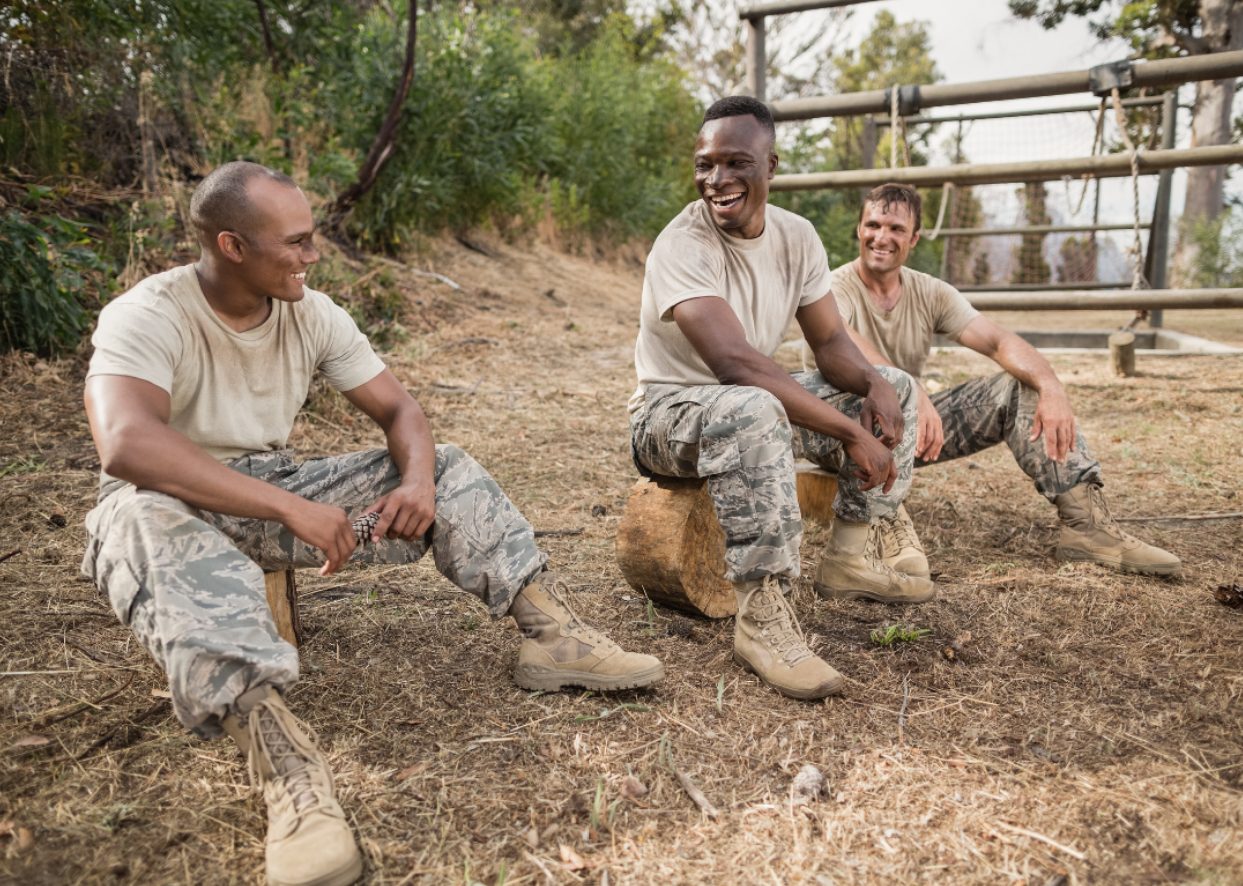
wavebreakmedia // Shutterstock
Skate
"Skate" or "skate by" means try not to do work. Some say it stands for "Seek cover, Keep quiet, Accept no responsibility, Take no action, Evade."
You may also like: 50 best American war movies
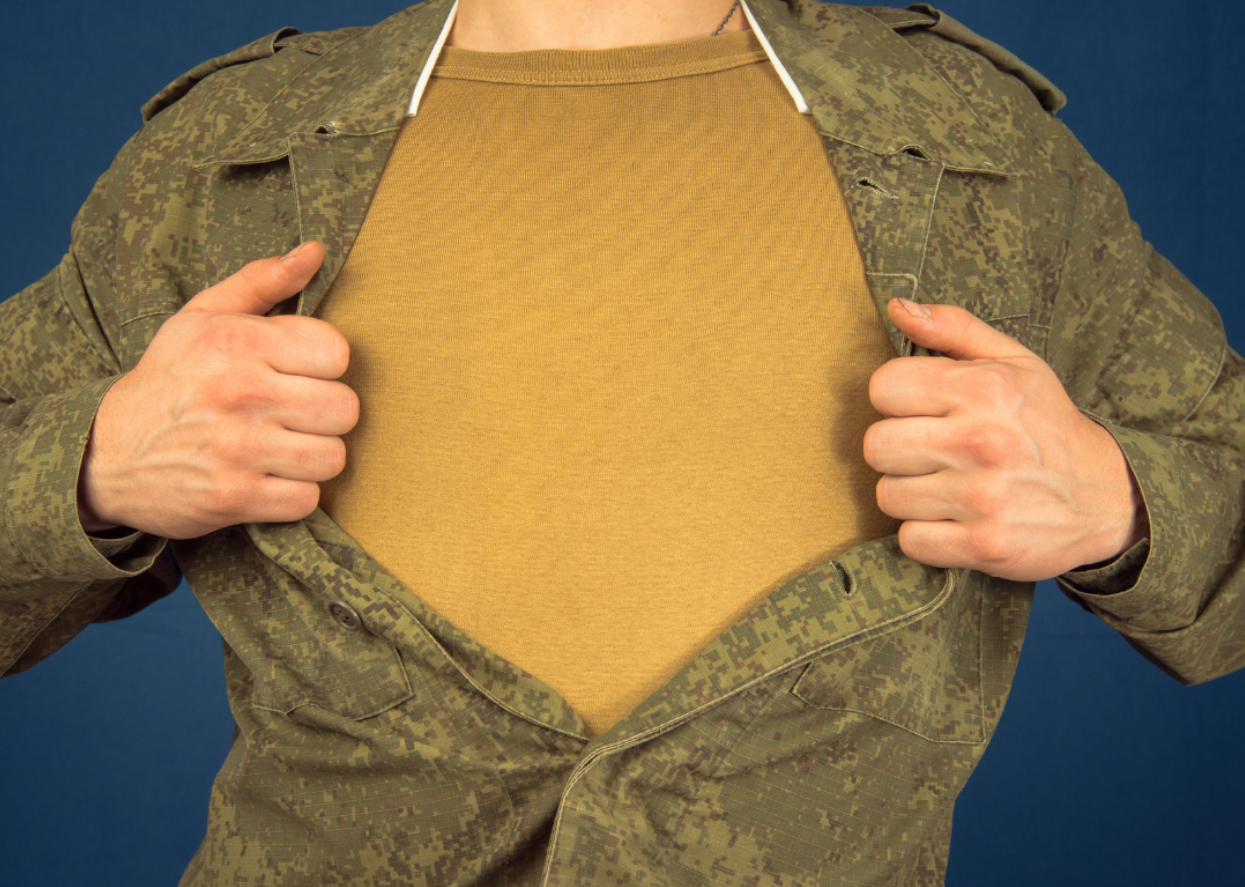
Poprotskiy Alexey // Shutterstock
Skivvies
"Skivvies" is a nickname for an undershirt or underwear that one wears under their uniform.
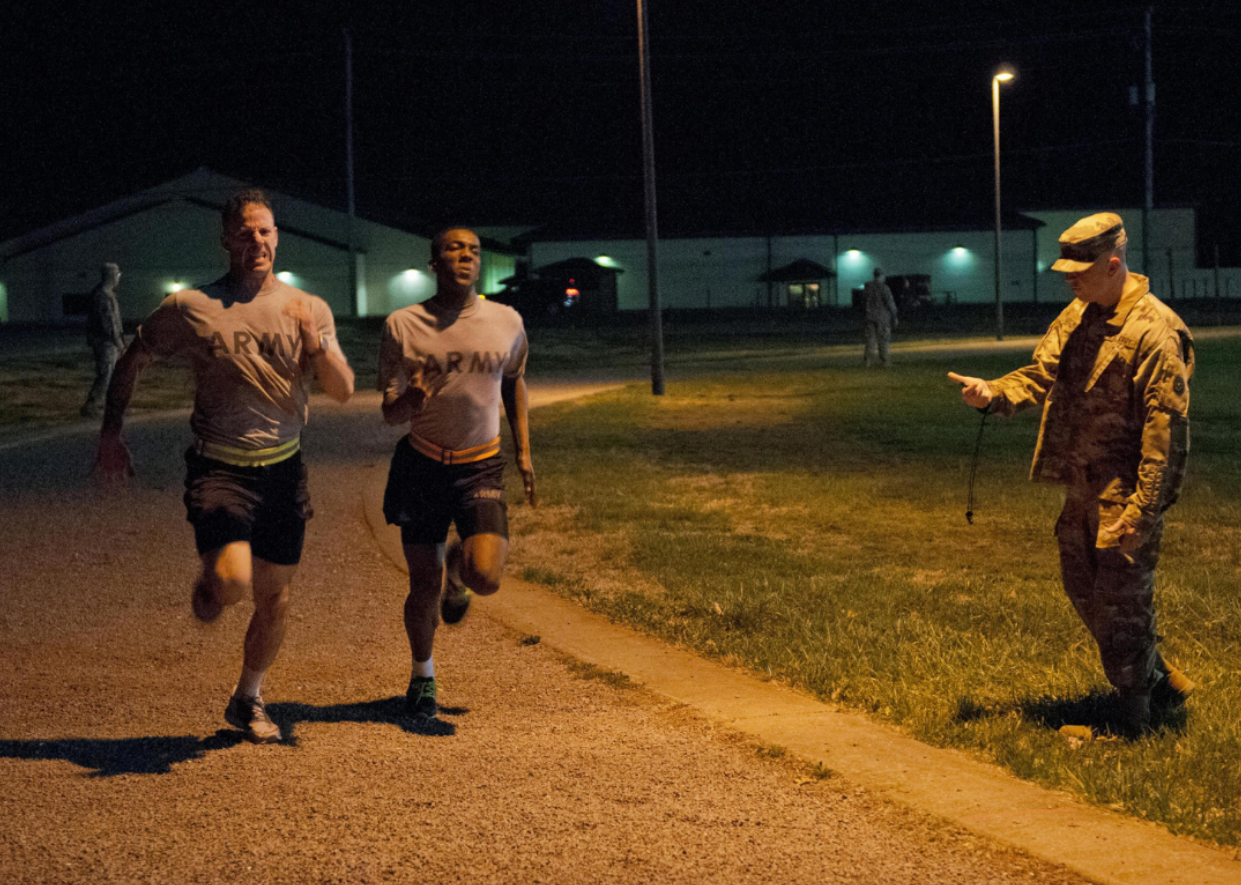
U.S. Army photo by Staff Sgt. Dalton Smit
Smoke
To "smoke" someone is to punish, particularly with physical exercise.
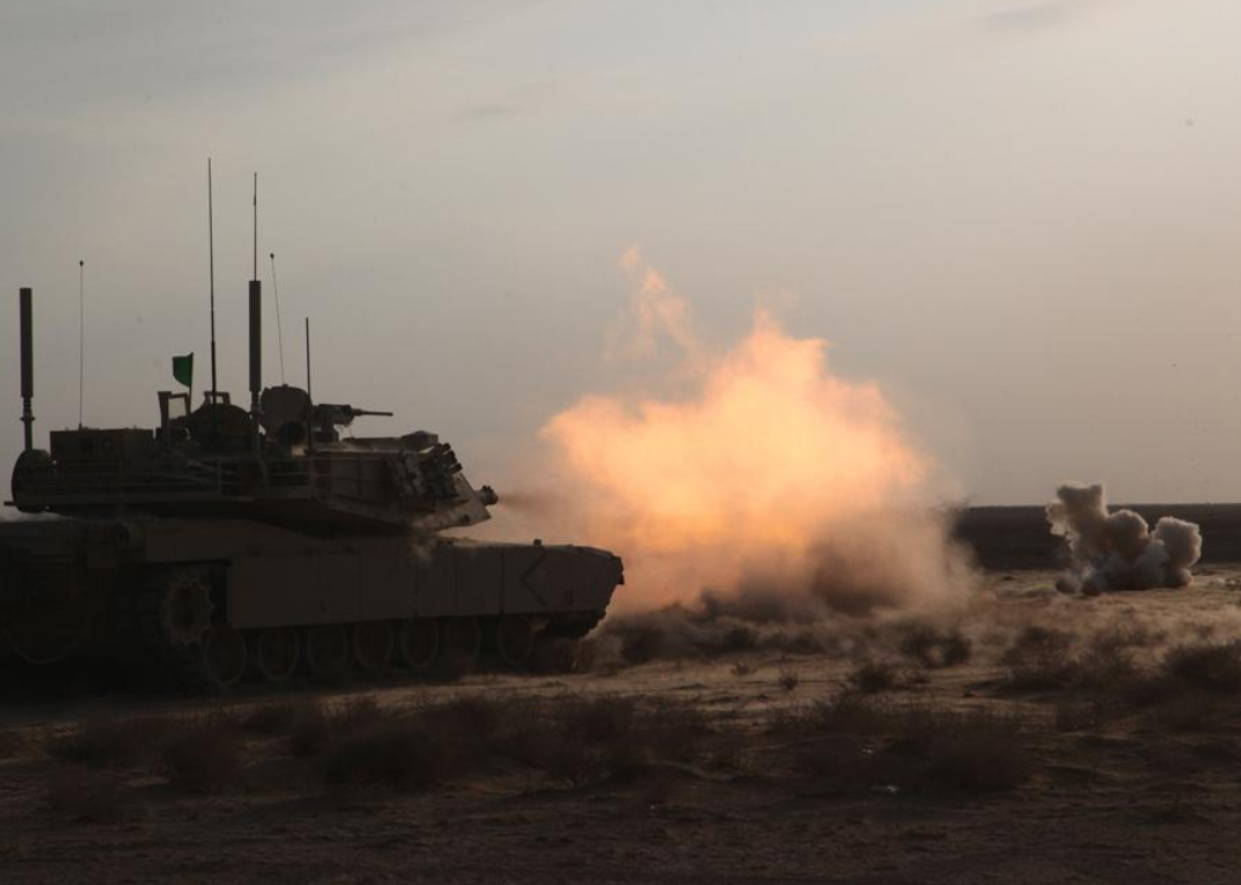
Cpl. Daniel Blatter // Wikimedia Commons
SNAFU
Similar to "FUBAR" the actual origin of "SNAFU" is debated, but it has come to mean "situation normal all f****d/fouled up."
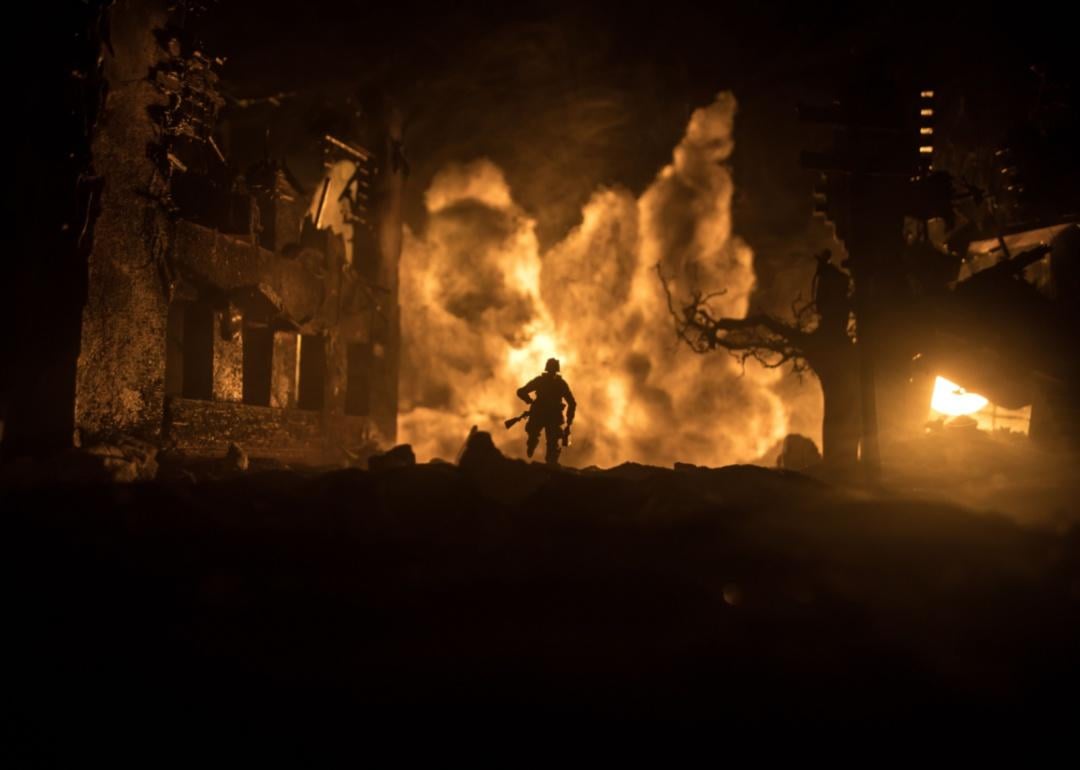
zef art // Shutterstock
Soup sandwich
Another fun one to adopt, a "soup sandwich" is exactly what it sounds like—chaos or a mess. Just picture two pieces of bread holding soup in place.
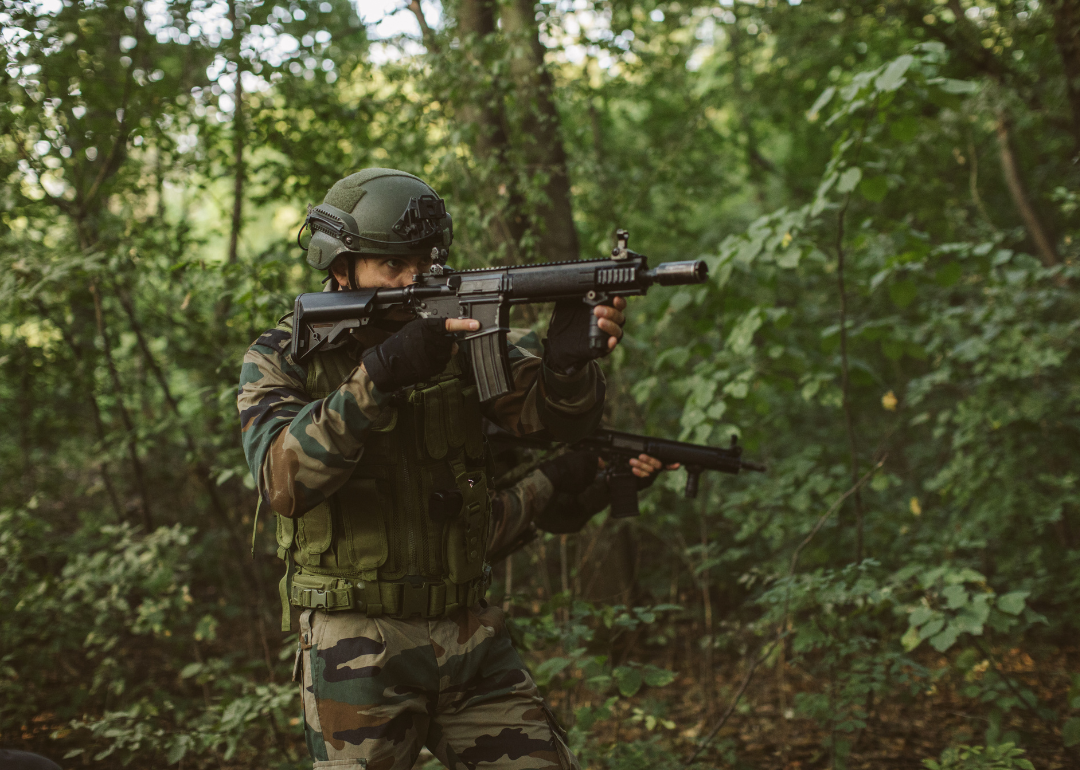
Canva
TDY
Temporary Duty assignments are a type of military order that temporarily moves a servicemember away from their permanent duty station for a specific period of time. These can include instances of educational or training opportunities, as well as special missions.
You may also like: Most expensive military weapons and programs

Canva
TS
"TS" stands for "top secret." It is often applied to specific pieces of information but is also used in "TS/SCI-cleared," which is a blanket top-secret security clearance.
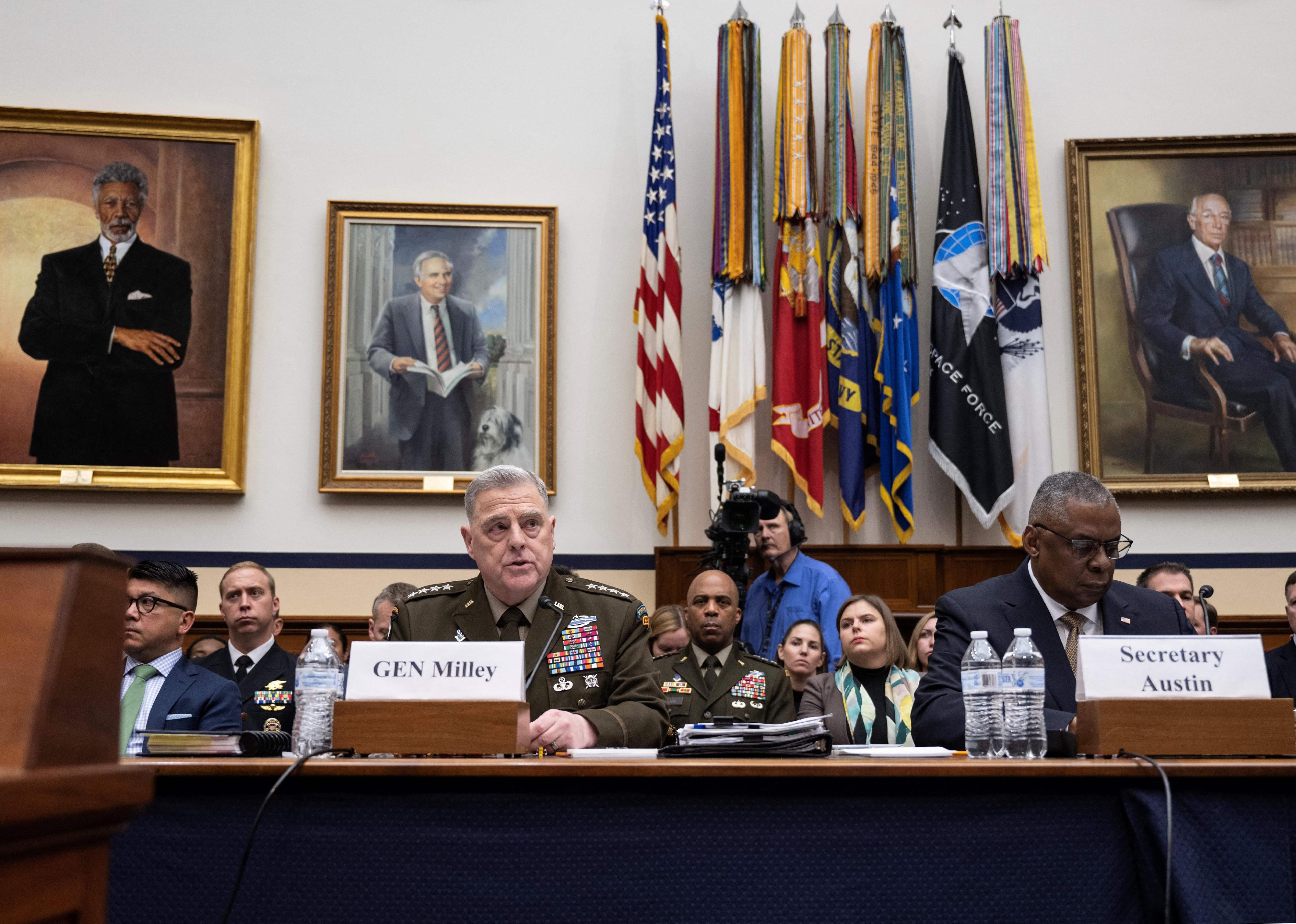
ANDREW CABALLERO-REYNOLDS/AFP // Getty Images
Uncle Sam
"Uncle Sam" is a personification of the U.S. government and sometimes the U.S. military. Uncle and Sam begin with the country's letters, and according to legend, it is actually meant to be Samuel Wilson, a meatpacker from New York who lived from 1766–1854.
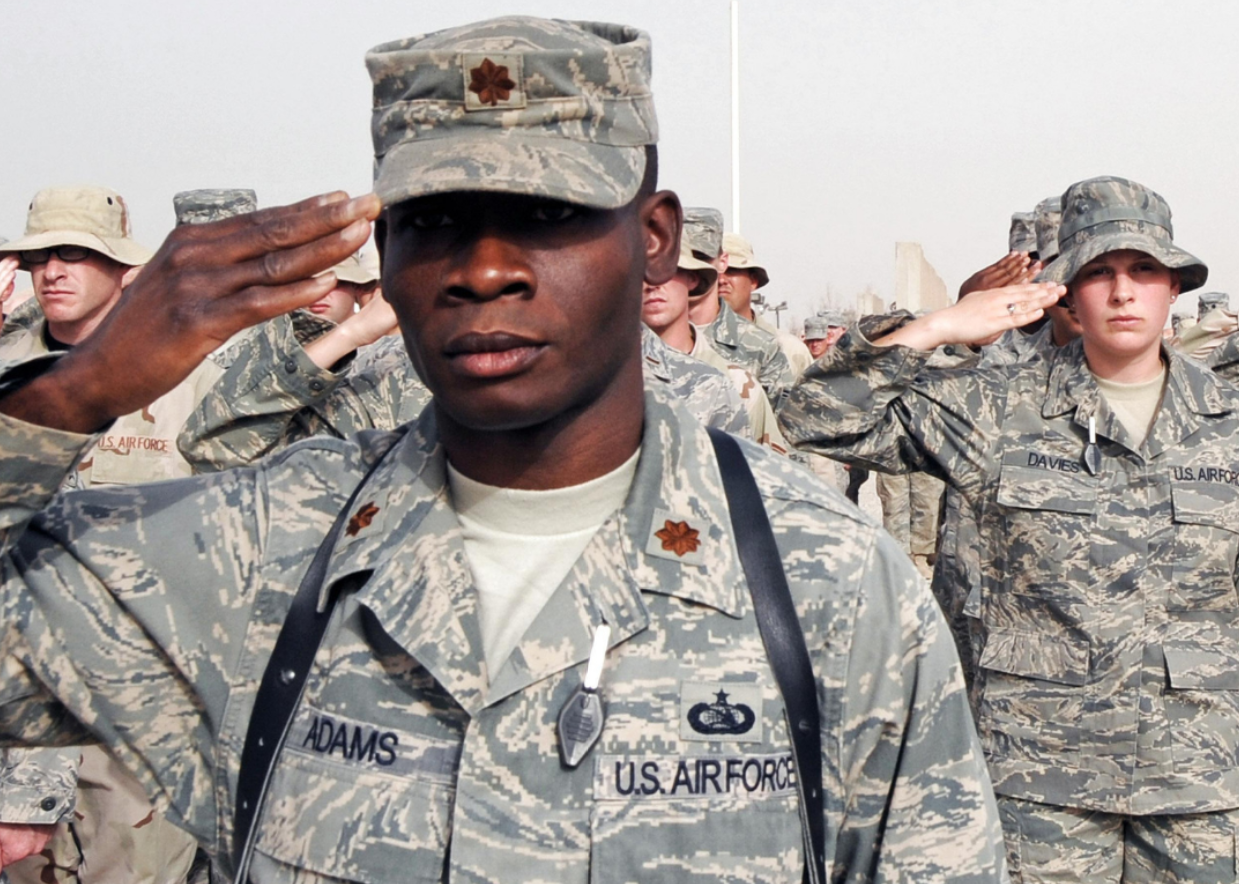
Tech. Sgt. Sabrina Johnson // U.S. Air Force
Voluntold
"Voluntold" is exactly what it sounds like: an oxymoron combining the words volunteer and told. It is something one is asked to do voluntarily, but it has an unspoken understanding that it is not actually optional.
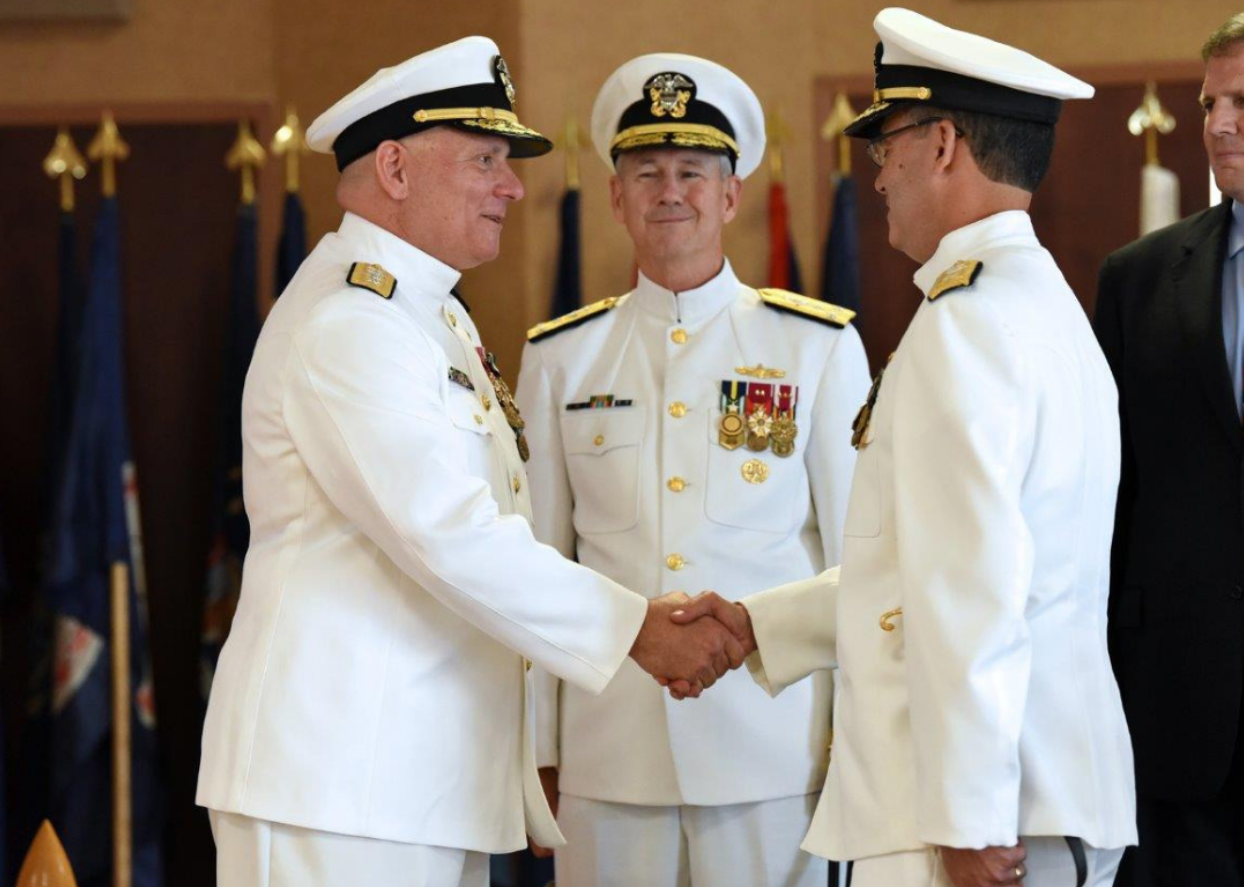
Laura Lakeway/Released // US Navy
XO
You may read this as hugs and kisses, but "XO" refers to an executive officer. In many militaries, the "XO" is the second in command and often in charge of day-to-day activities.
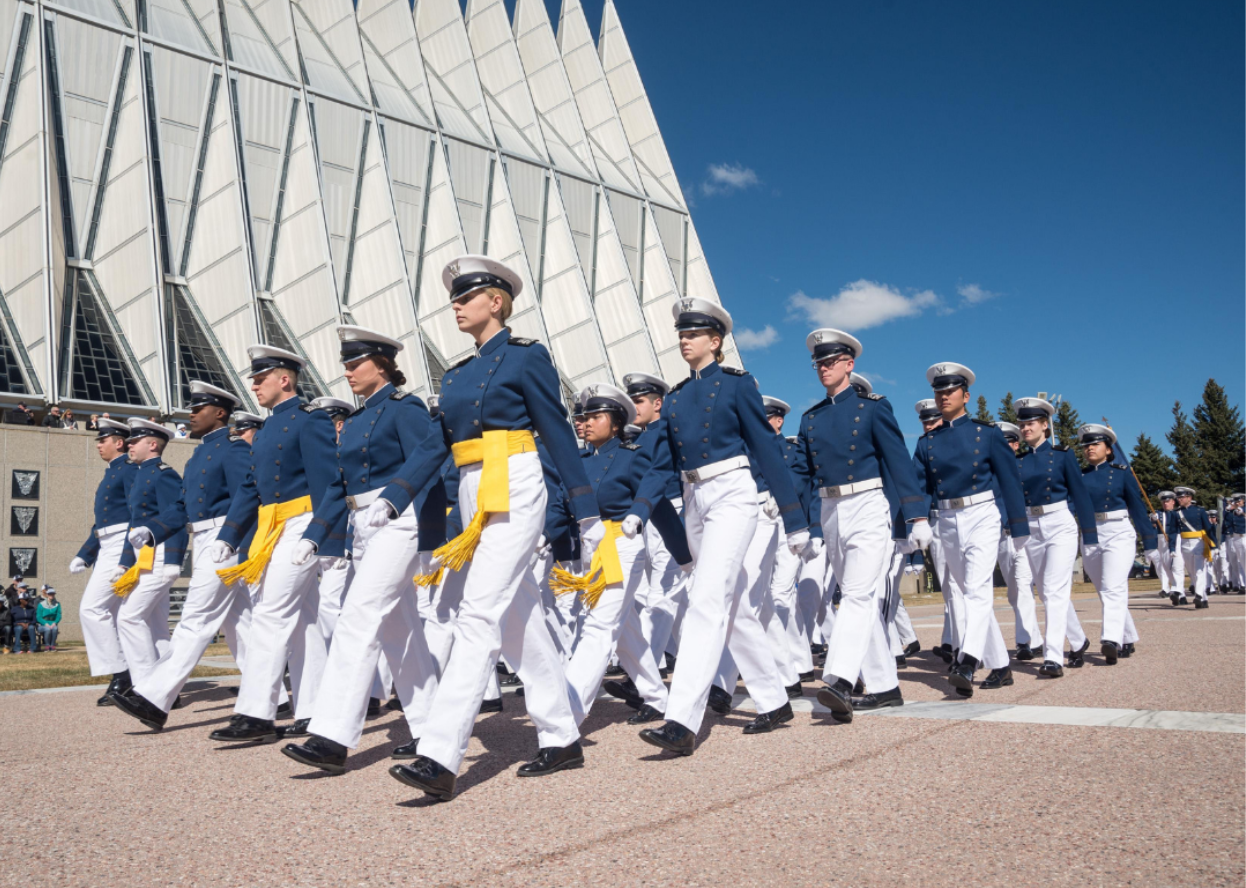
U.S. Air Force photo/Liz Copan
Zoomie
A "zoomie" is a fun way to say "pilot." In the military, zoomie generally refers specifically to an Air Force member or an Air Force Academy graduate.
You may also like: Military medals and what they mean